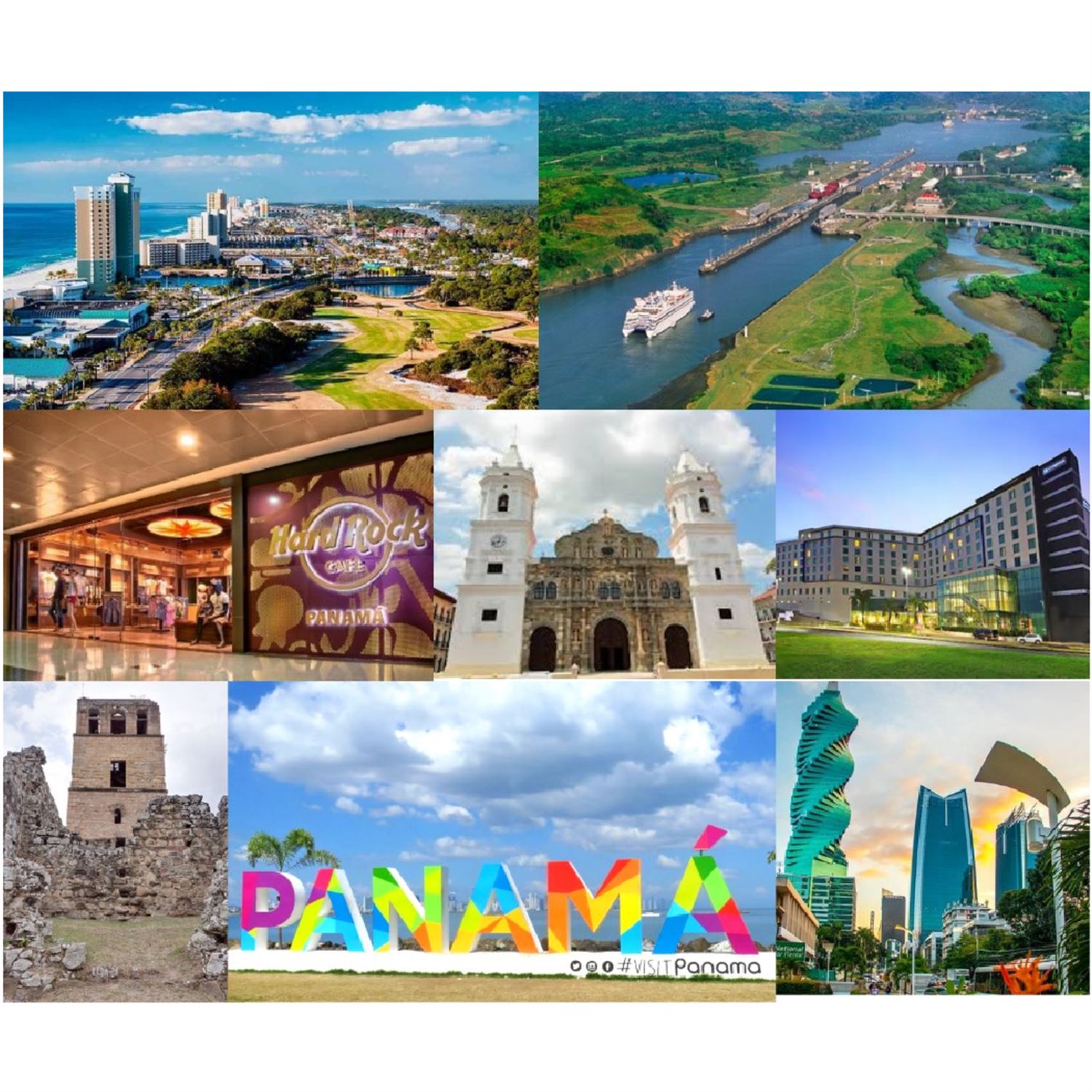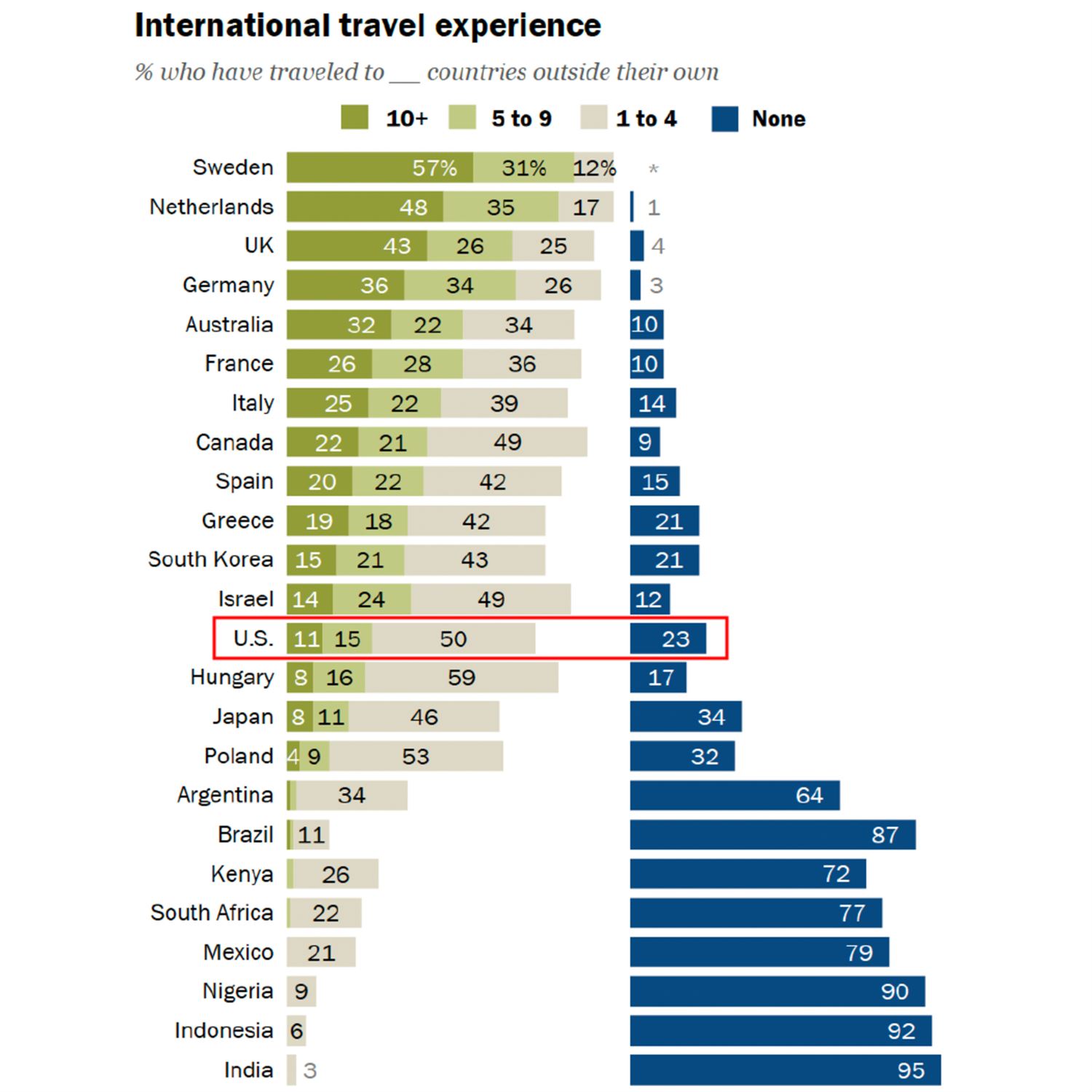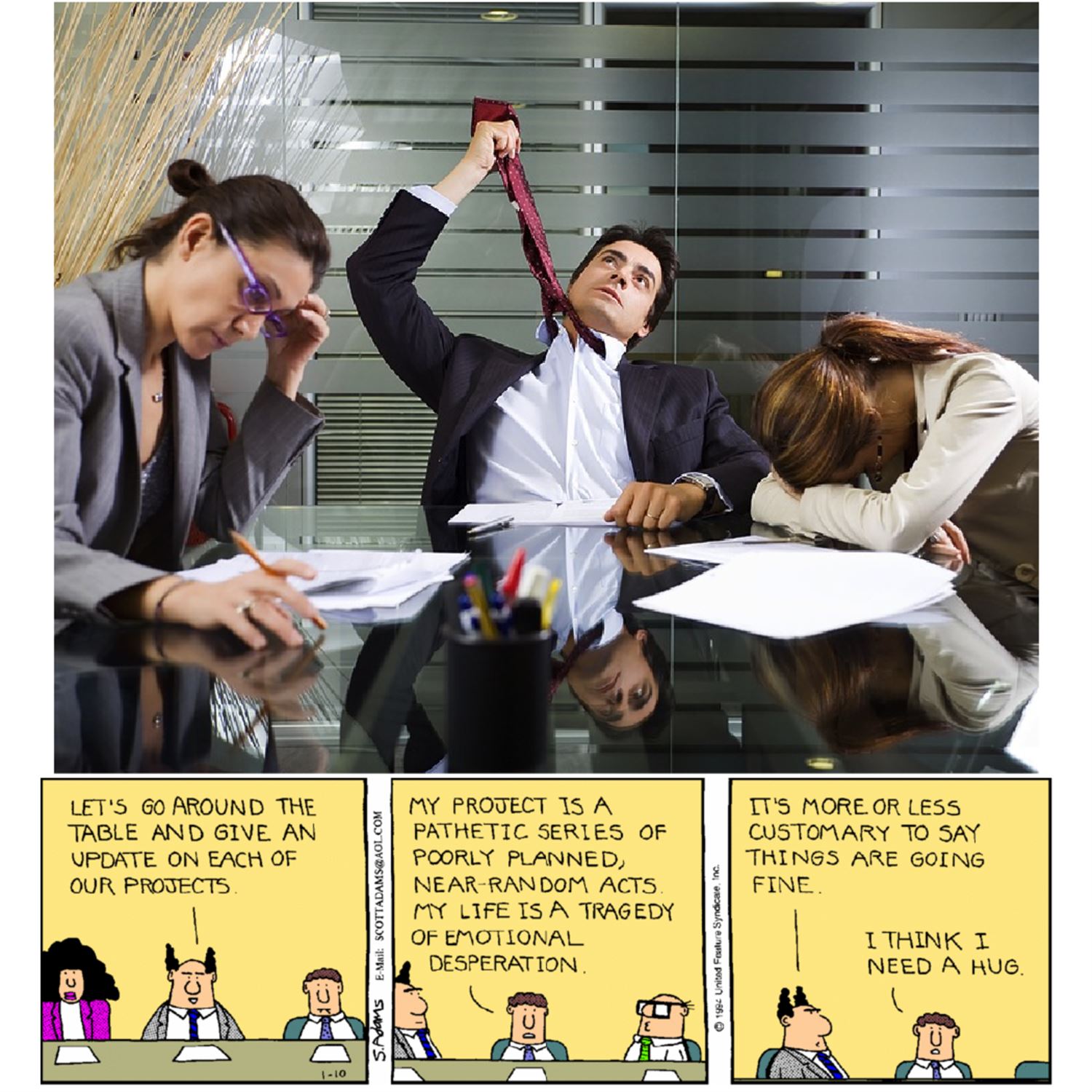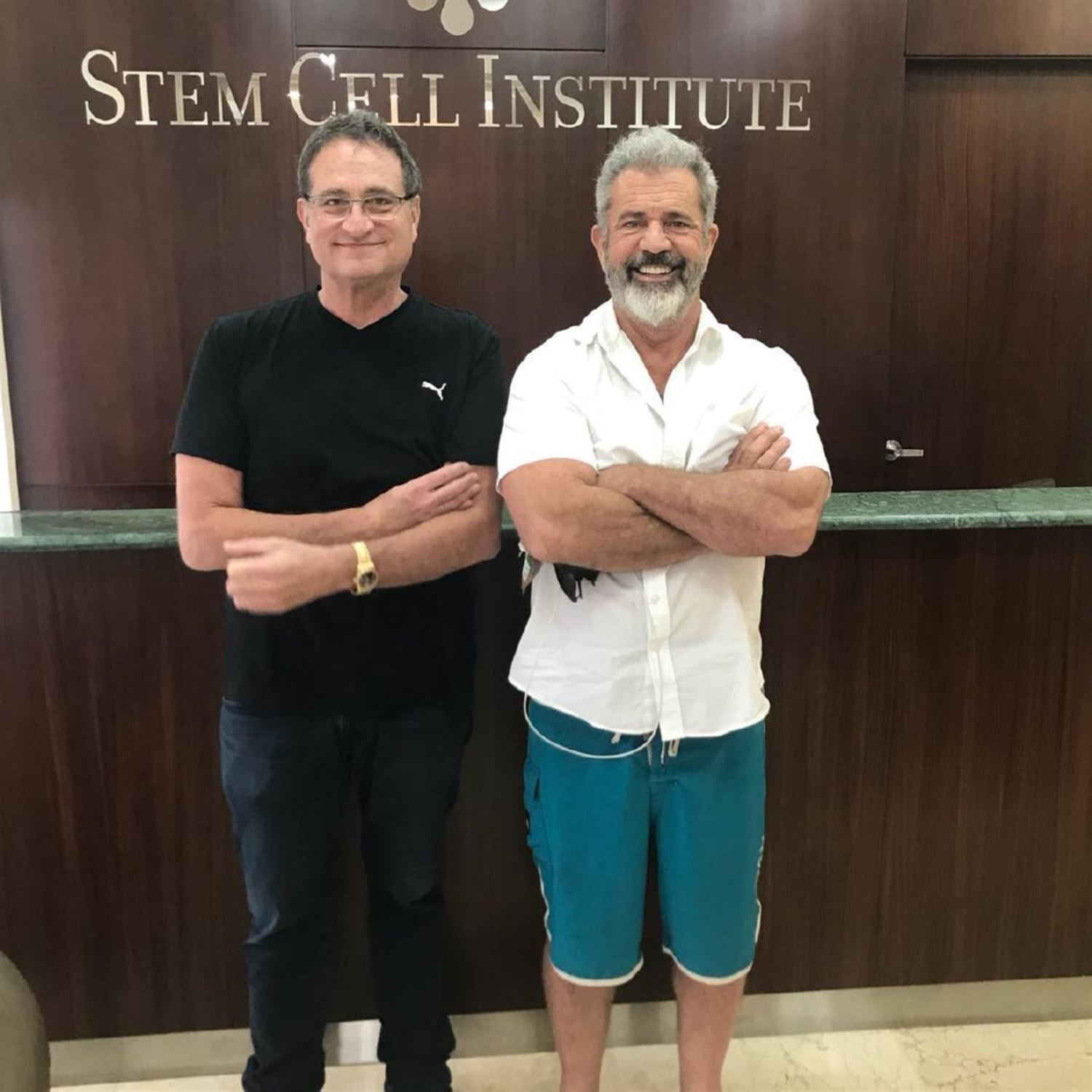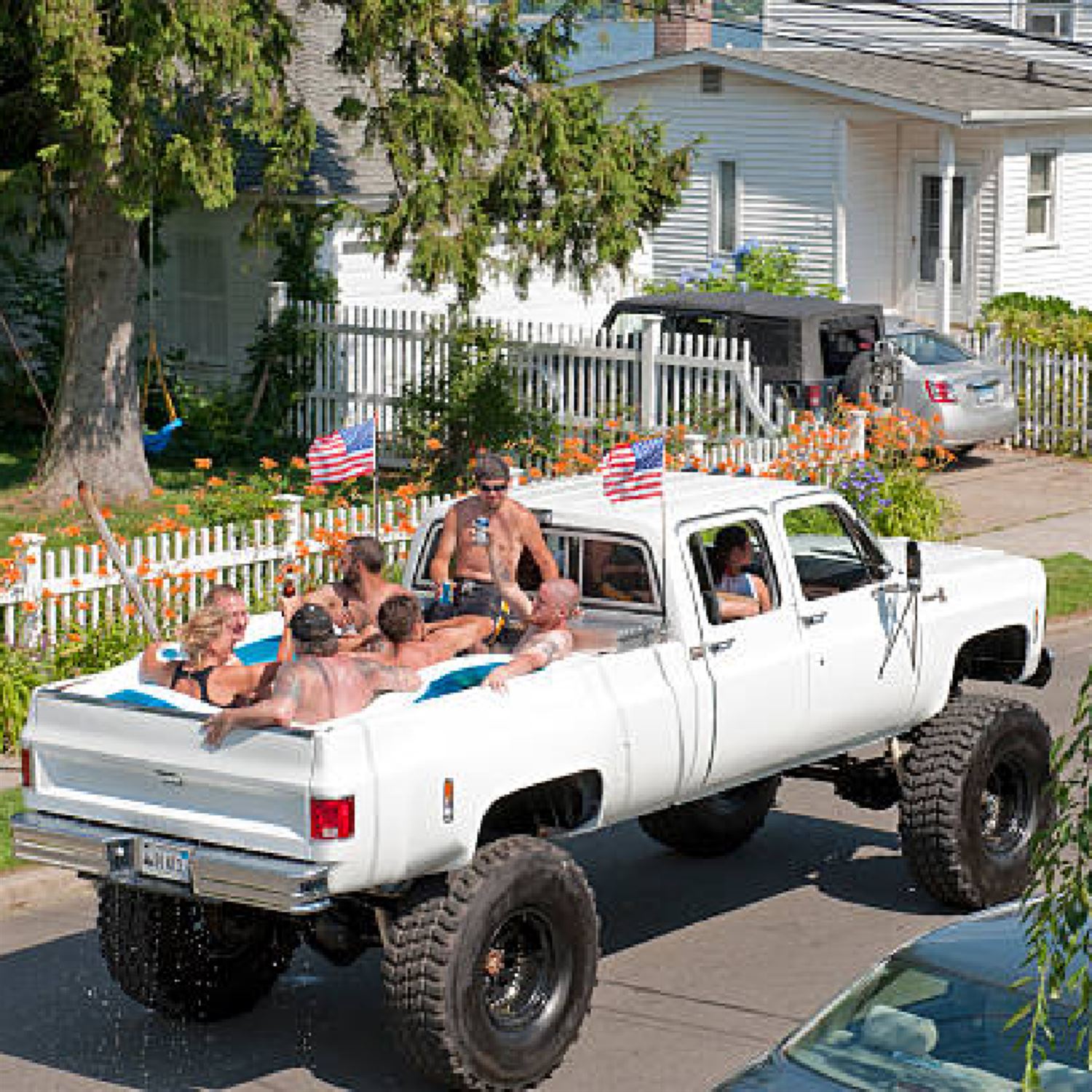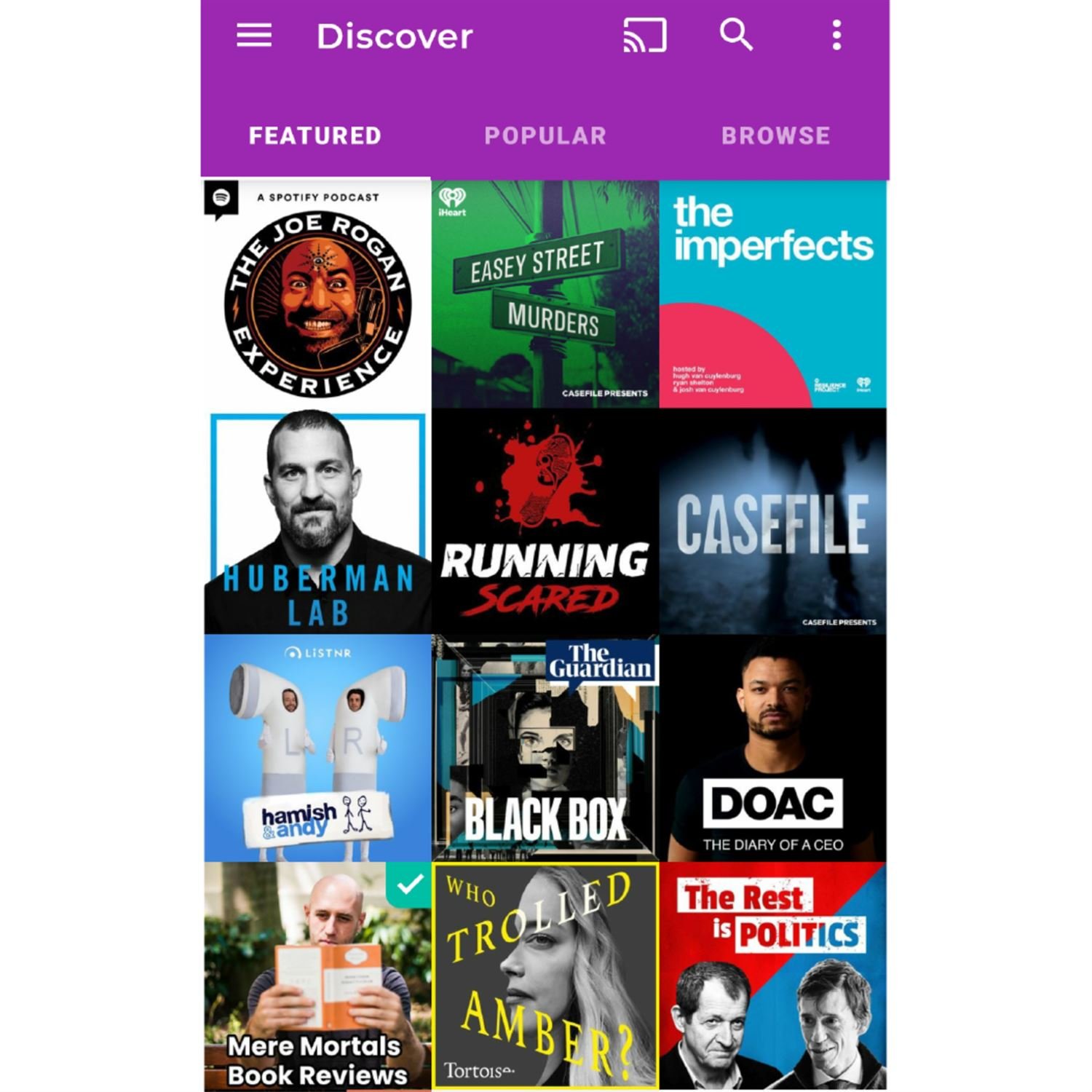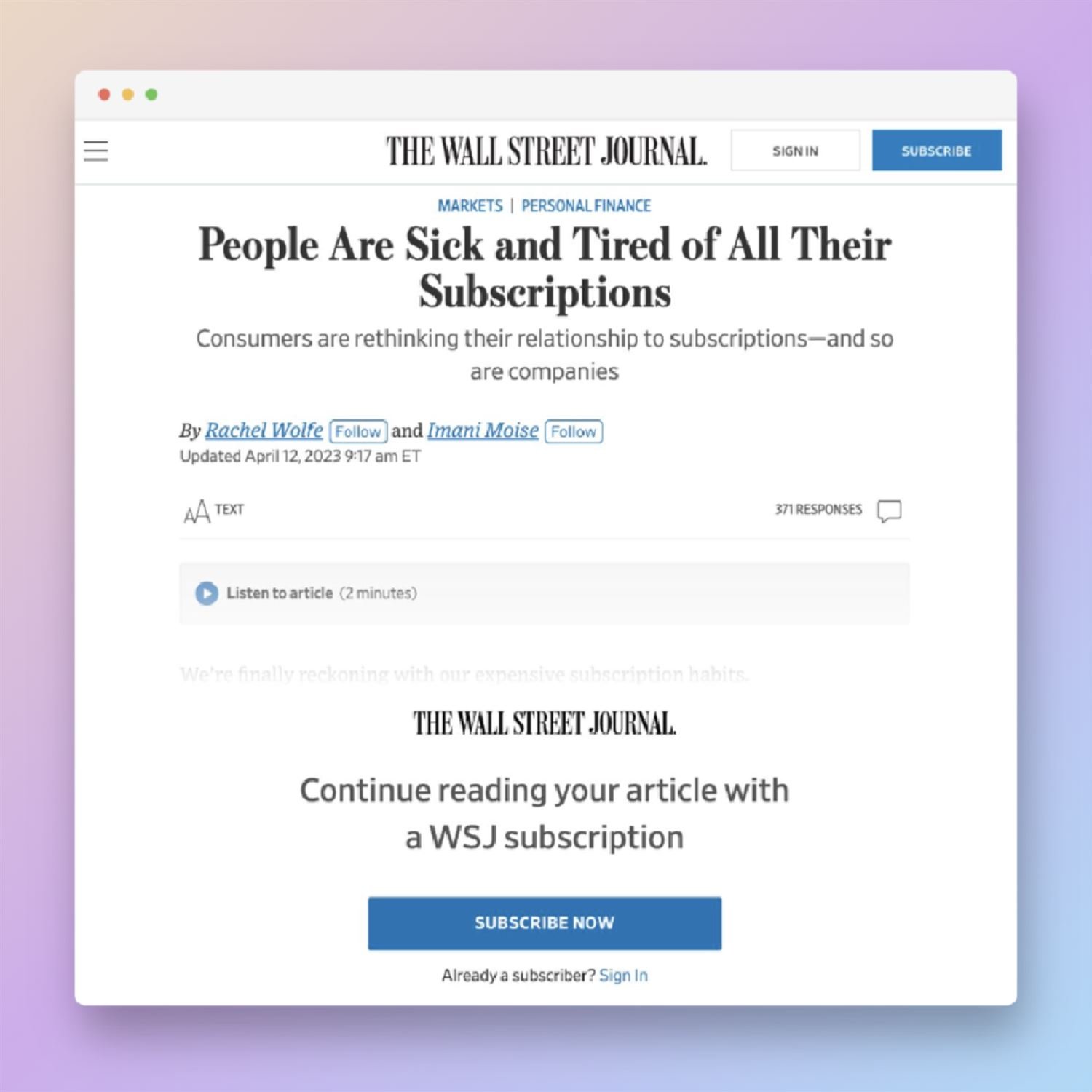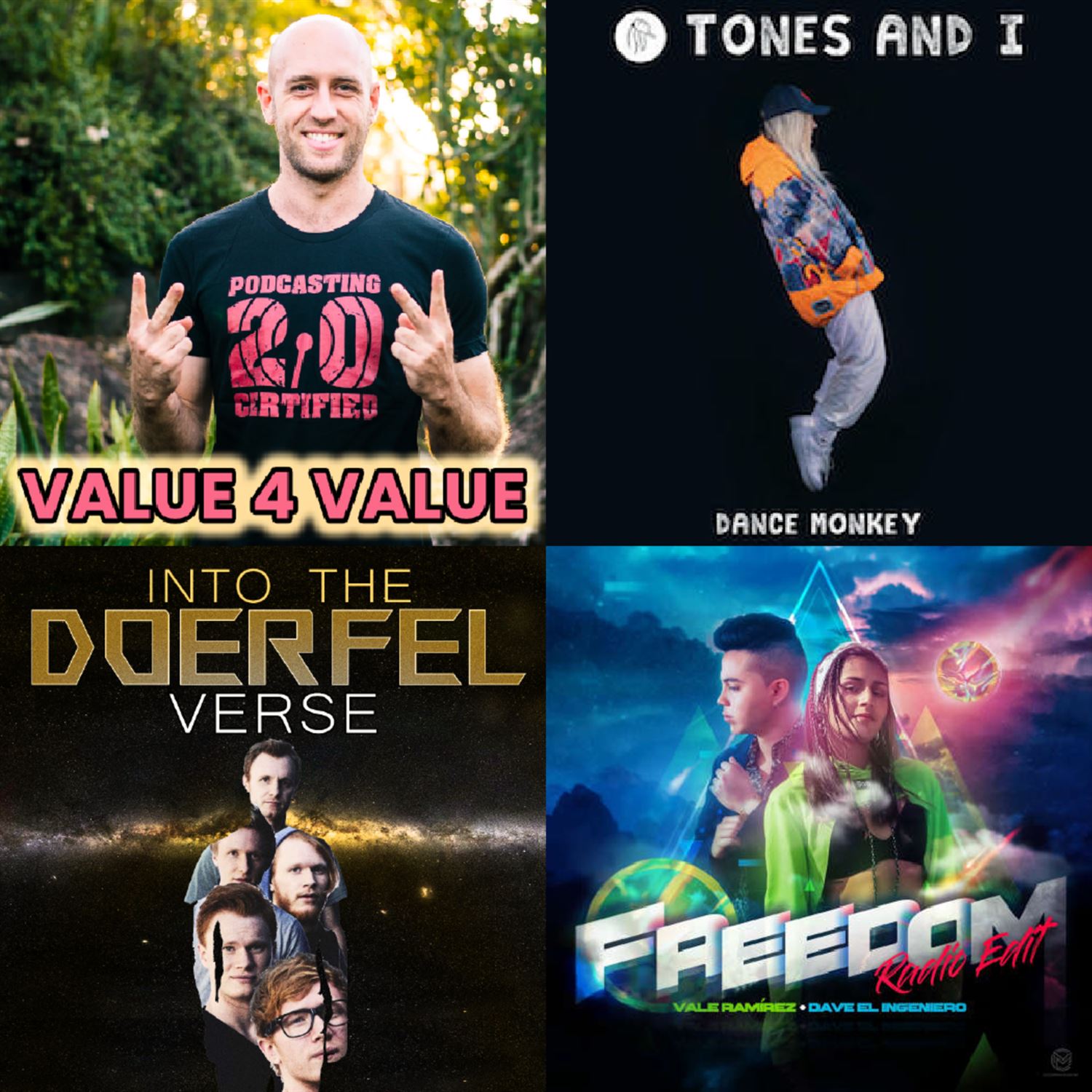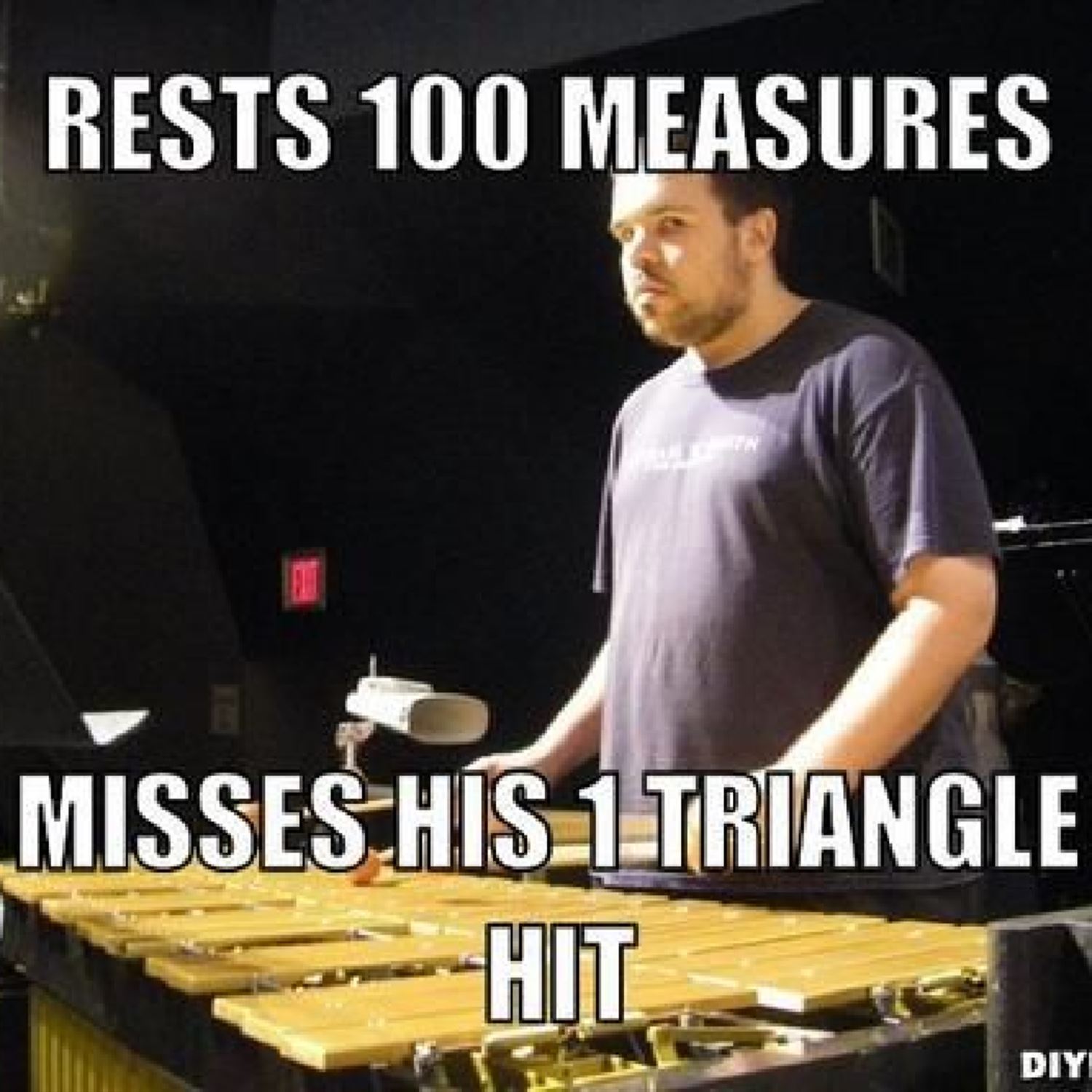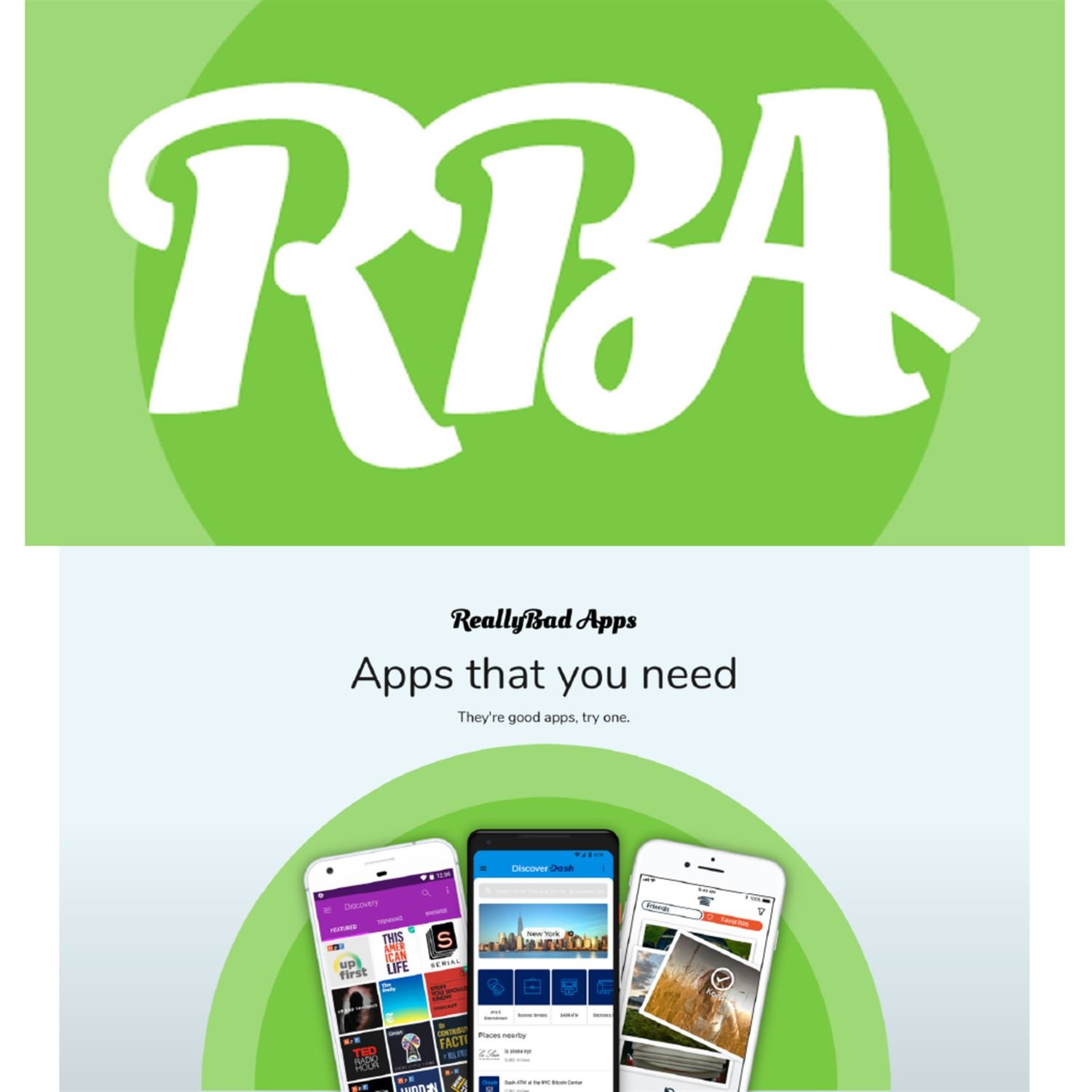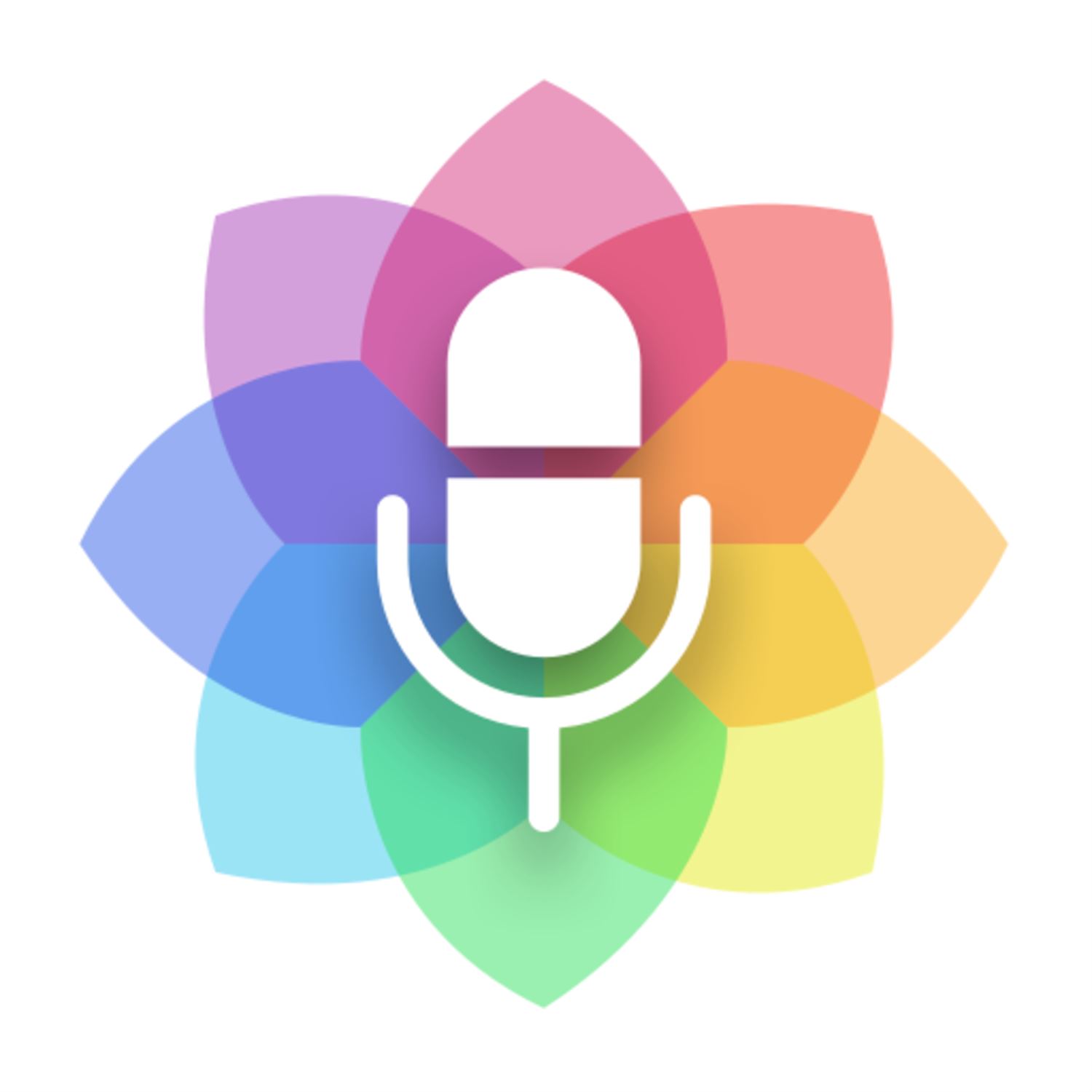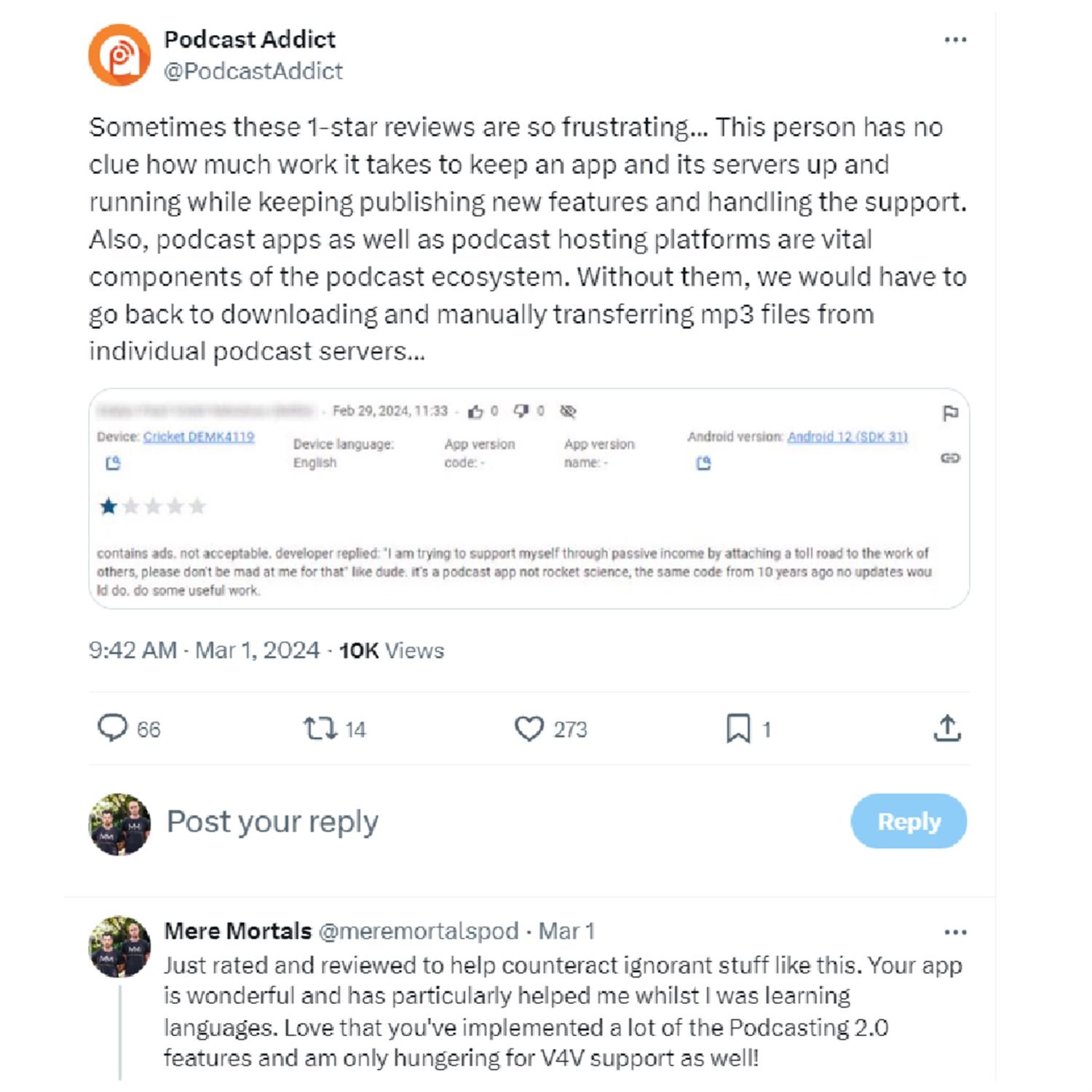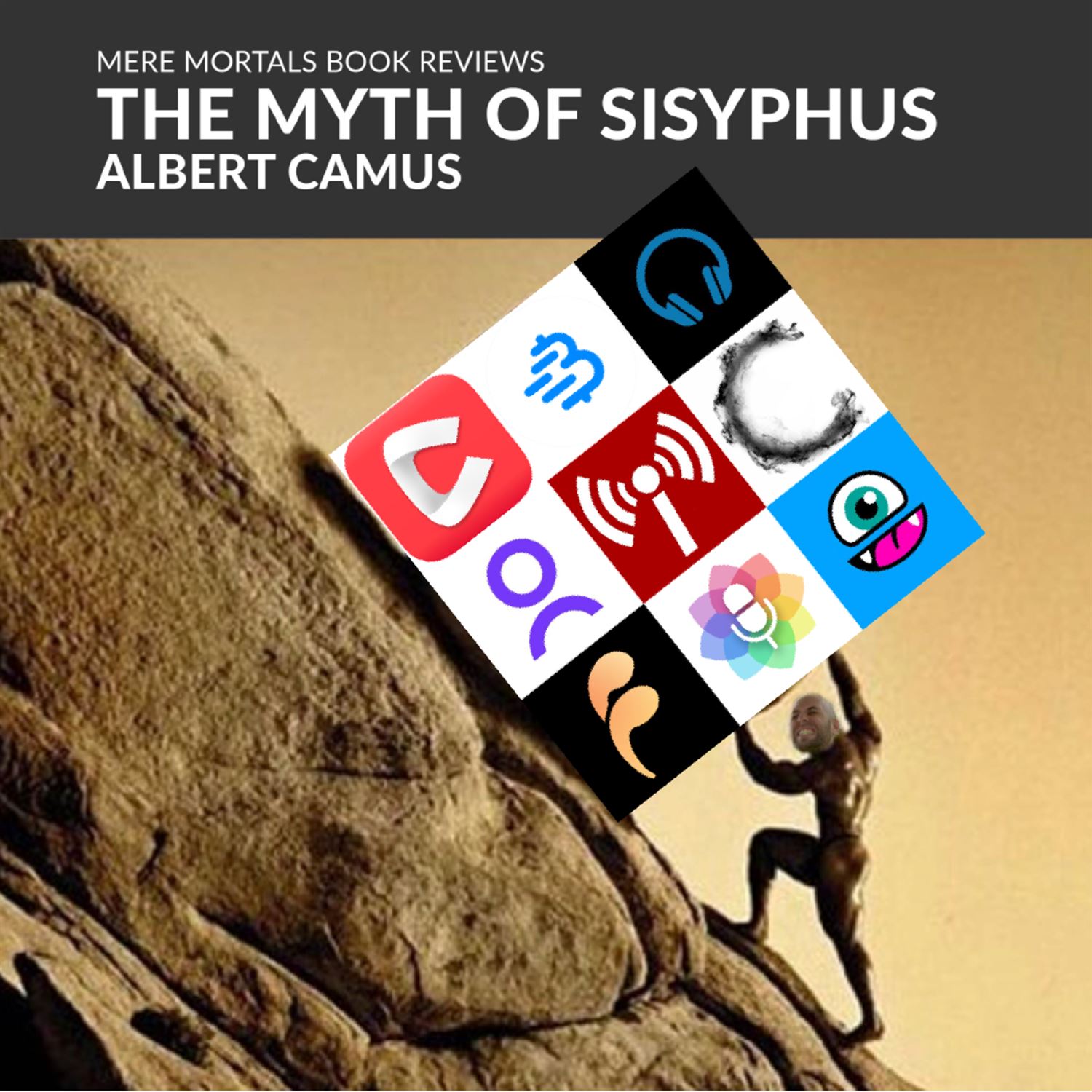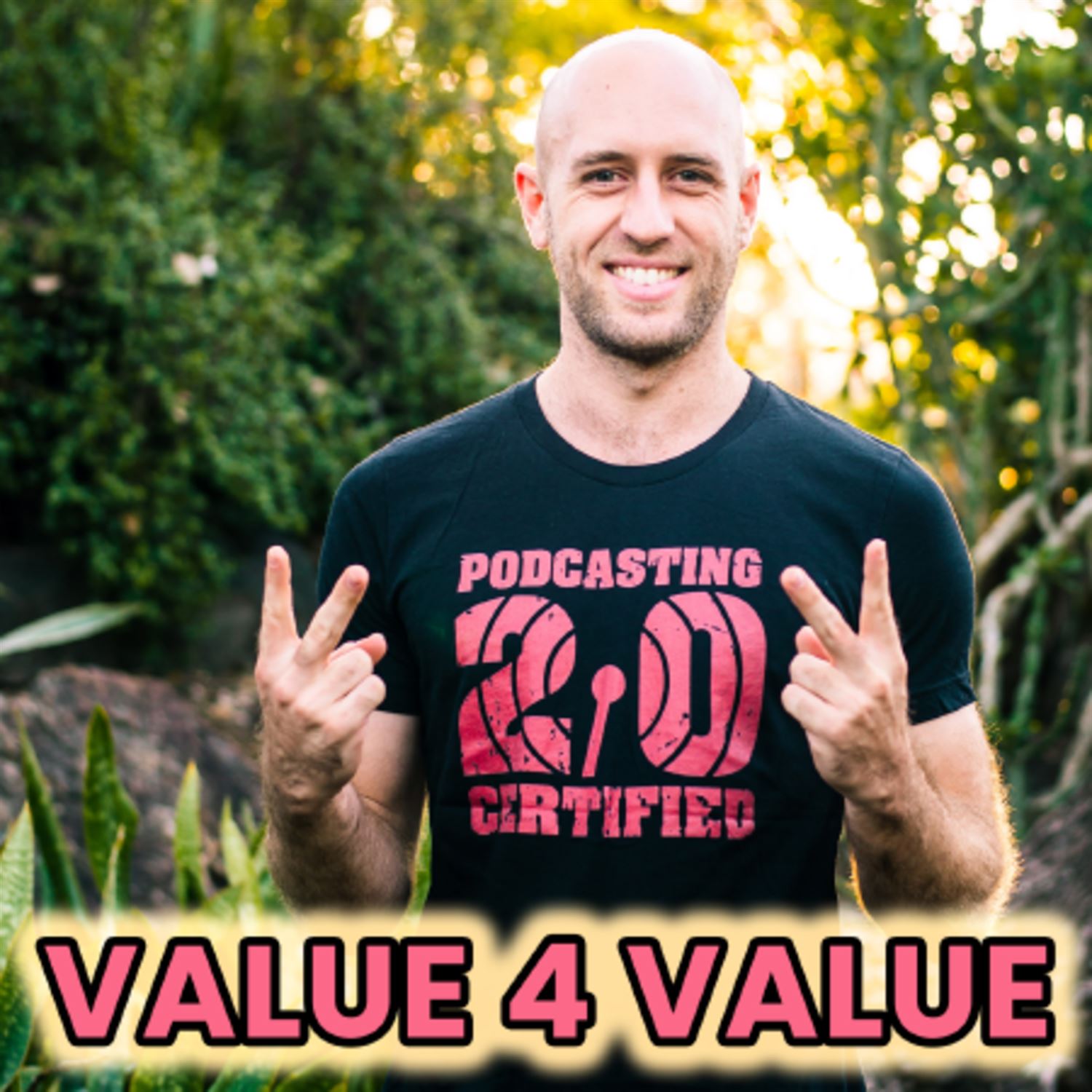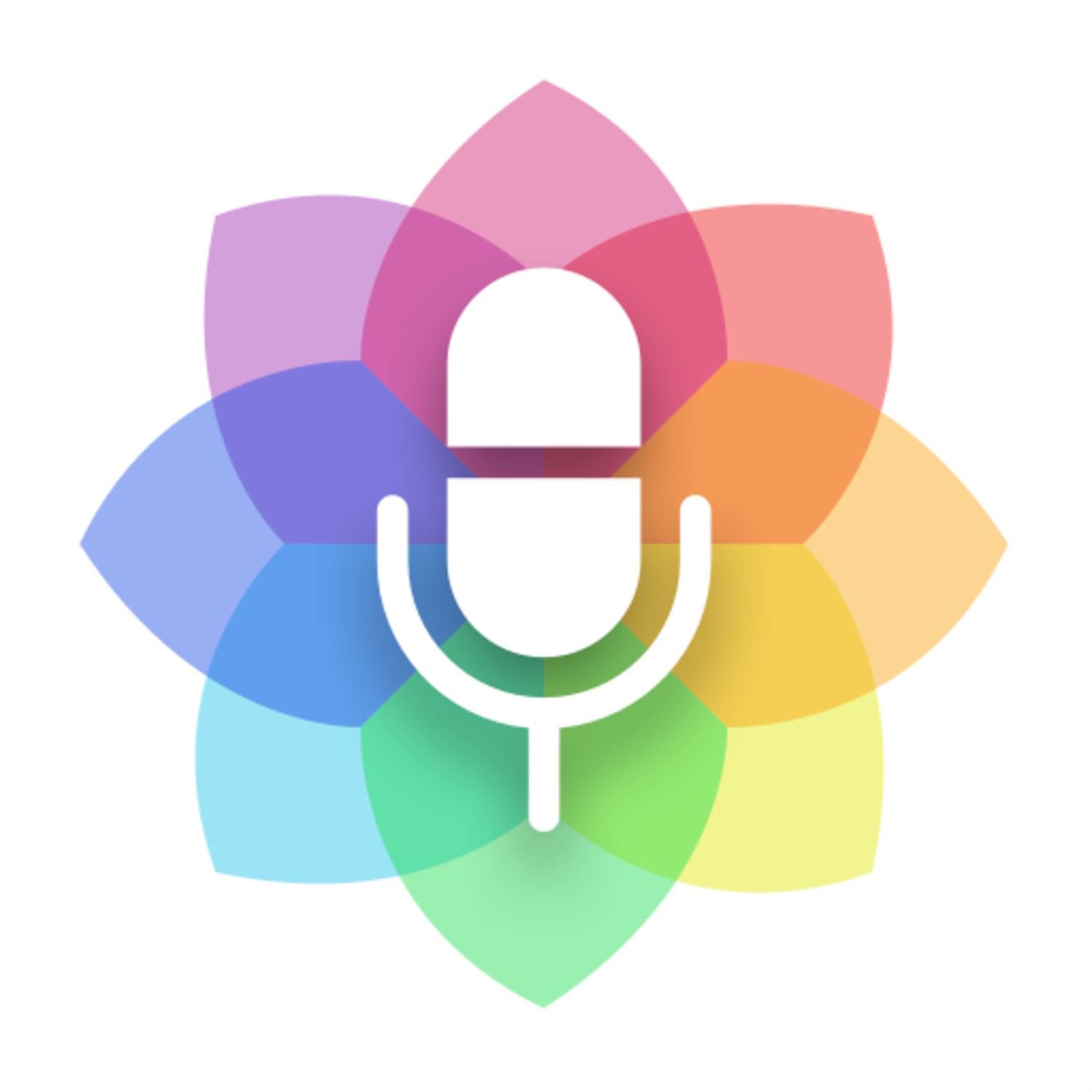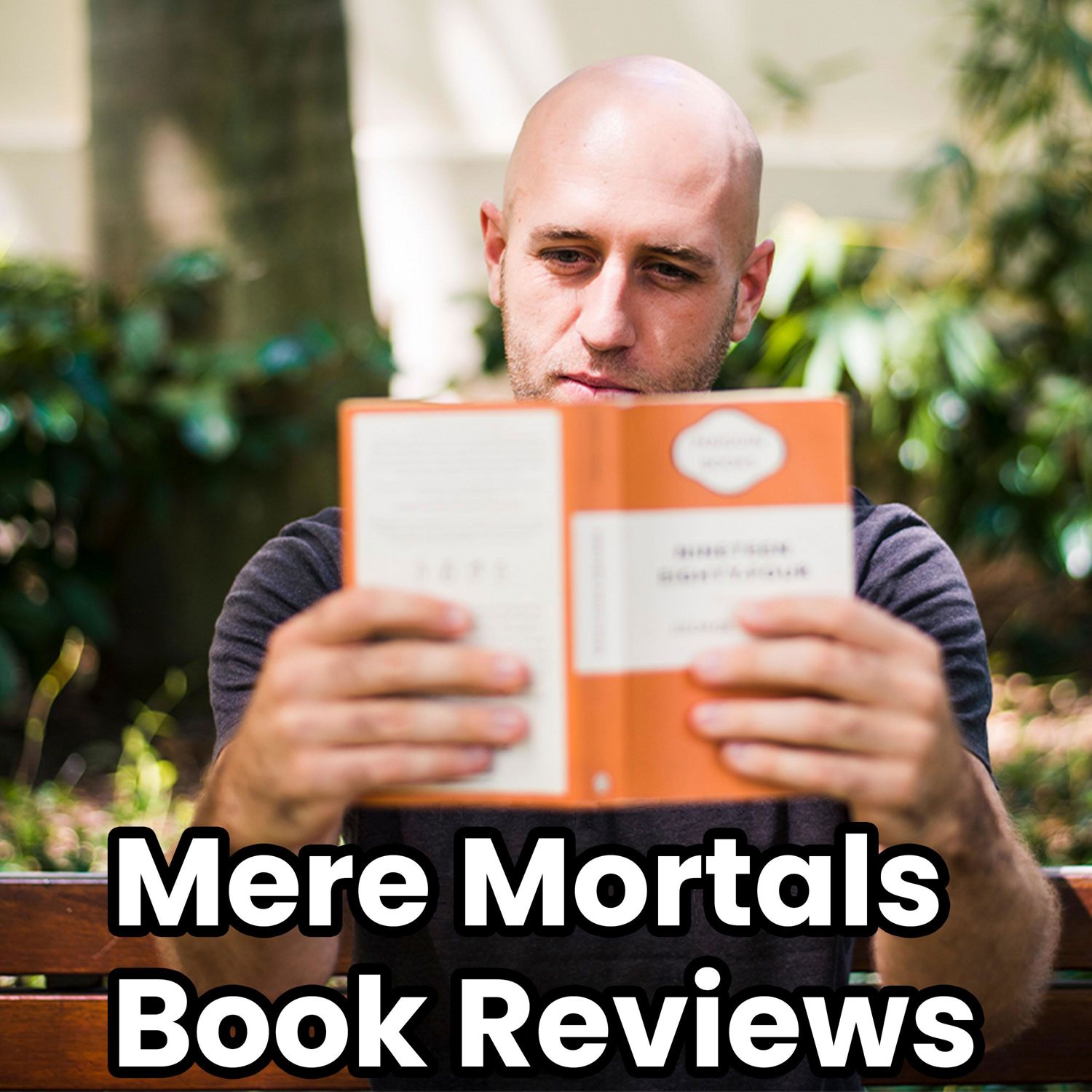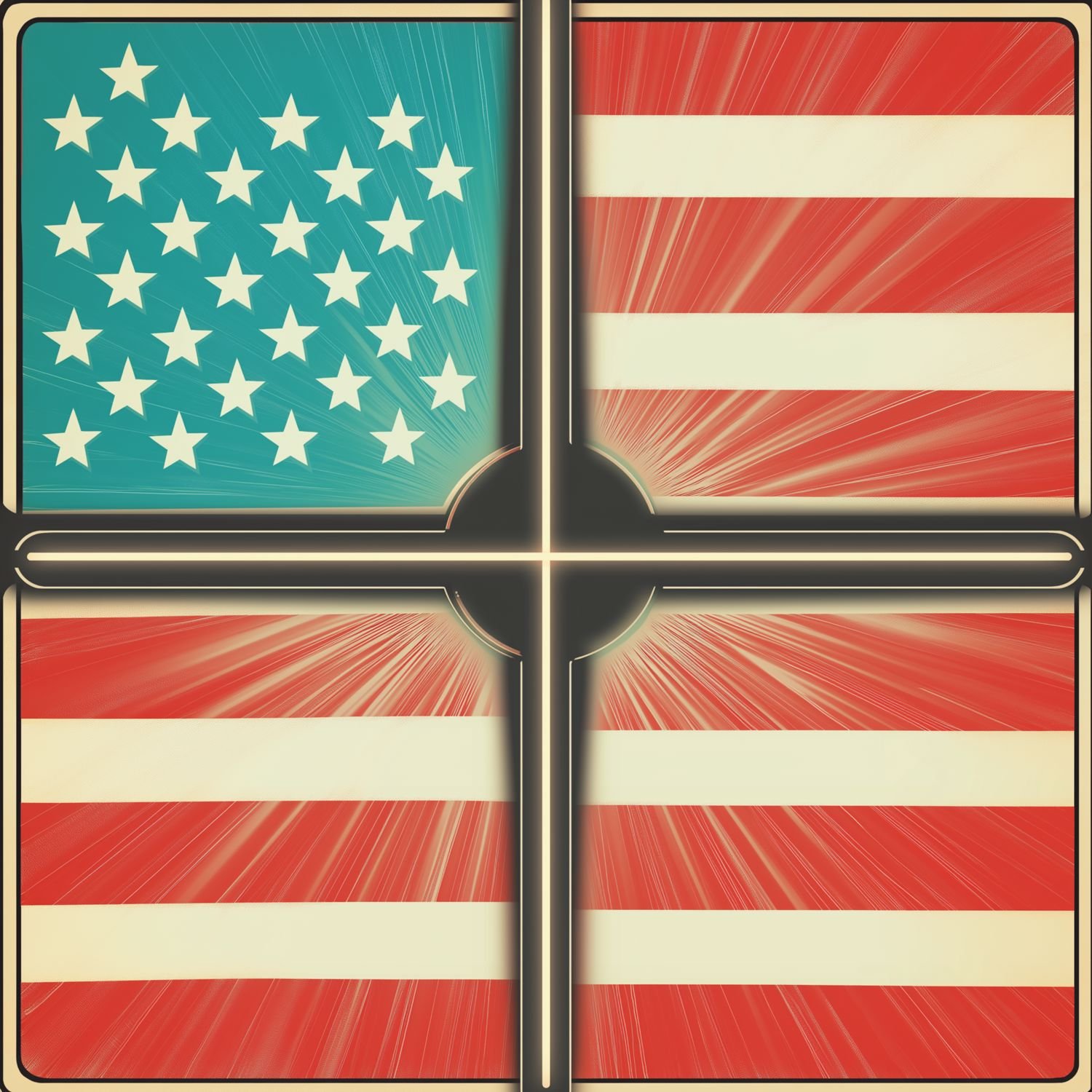10 March 2024
JASON | Leaving Corporate USA To Panama, V4V Is Fun & The Podcast Guru App
.jpg)
Jason is the main developer of the Podcast Guru app and cofounder of Really Bad Apps.
In Conversation #104, Jason and I discuss: why he moved to Panama with his family, the soul sucking nature of big corporations, why he loves spending time coding Podcast Guru, how he first found out about the v4v model, the frustrations of advertising and how IPFS/music/video is in the future for his app.
Jason is in as a 30% split for this episode so don't forget to boost!
Timeline:
(0:00) - Intro to Jason
(0:30) - Why go to Panama?
(5:15) - Why don't American's travel?
(7:52) - Jason's previous life ..... meetings
(12:42) - Stem Cell Therapy
(16:09) - Travel is influenced by where you grew up
(19:52) - V4V: An alternative to interruptive ads
(25:23) - Micropayments that work
(29:10) - Follow the fun music
(38:10) - Just not our average percussion
(40:55) - History of Really Bad Apps
(48:15) - What's next for Podcast Guru
(58:25) - Don't blame your app developer
(1:07:29) - Podcast app's are Sisyphus's boulder
(1:10:35) - Where we spend our time
(1:17:20) - V4V: Connect with Jason
Connect with Jason:
Podcast Guru: https://podcastguru.io/
Email: jason@reallybadapps.com
Connect with Mere Mortals:
Website: https://www.meremortalspodcast.com/
Discord: https://discord.gg/jjfq9eGReU
Twitter/X: https://twitter.com/meremortalspod
Instagram: https://www.instagram.com/meremortalspodcast/
TikTok: https://www.tiktok.com/@meremortalspodcast
Value 4 Value Support:
Boostagram: https://www.meremortalspodcast.com/support
Paypal: https://www.paypal.com/paypalme/meremortalspodcast
Support the show
Welcome Mere Mortalites to another round of the conversations today. I have Jason here from podcast guru who is the lead app developer, I guess, and perhaps even the the co-founder of a I suppose, a business that you guys have have going on. But you mentioned that you're in your lair and you're ruining the cypherpunk, the, the crypto layer, all the, all the perhaps shadiness that's going on. And I wanted to ask you, first of all, is Panama nice and July? And should I come the. You should definitely going to Panama and to locals here. There's there's two seasons of the wet and the dry season. But to me, it's just I'm from North America and I'm used to the for it. So here it's like this same all the time. So it's it's like it ranges from like 88 to 92 degrees Fahrenheit. If you do Fahrenheit, if you do Celsius, we're talking like, you know, low thirties. And it's always like that. Like every day. Yeah, that's like every month. That's, that's sorry, my temperature. I love that. I love the that kind of moderate temperate climate. And yeah, I was asking that because I am travelling to Brazil in about a month's time, actually, and I've got about three months there and then I've kind of got this month gap and then working my way up into to North America, some kind of like trying to find some, some places to fill some time. And I have been to Central America, Guatemala and Mexico. I guess this is North America still. But yeah, I'm I'm tempted. I'm tempted by kind of like the Panama Costa Rica type of area, El Salvador. But there's there's a lot of interesting places. And I haven't even Explorer Panama. I will say that the area I live in, Panama City, there are not a lot of like really nice beaches that are accessible, like to even get to a swimmable beach, you got to go like an hour down the Panamanian highway to get to one. And it's mainly because the canal, the water around the the cities, they tell me it's cleaned up a lot over the years, but there's so much boat traffic that the canal water comes into like the Bay of Panama, and it's just nobody's swimming. Yeah, like it's kind of greasy. Yeah, I can imagine. Yeah. Not so nice. How long have you been in Panama for? Has it been a. It's between a year and a year and a half. So I think I came here late 2022. Okay, cool. And what was, what was the, the drive to to move down the. like, okay, so they used to have a deal where you could get a permanent residence down here. Really easy for, you know, a few thousand dollars. So we came down here and got that and you were thinking about it, you know, maybe a retirement spot later in life. I mean, this store is going to be long. Yeah, not here. I wanted to do a bio of you as well, so perhaps you could mix that in with the with the story of moving down there. Okay. Well, I mean, it's really about my kids, My son, he he was around 15 years old, and I started hitting it my mind is like, you know, he's not going to be around much longer. And I've been doing this crazy paced corporate IT lifestyle for 20 years. I haven't really got to spend time with him. Couple more years, he's going to be going to college somewhere and then off on his own. And like I felt like I only have like a tiny window to, like, quit working so hard and hang out with him and then, you know, Podcast guru had always been something that that mean if you guys co-founded and had been burning on the side so as a bonus I would get to work on that more so I quit my job in the U.S. and then I looked into getting health care for my family. So we had the typical, you know, coverage you get when you work for a company, which is pretty good. But when you're self-employed, all that goes away. And it was around 2 to $3000 a month to get the equivalent coverage that I had, like company. Was like, Damn, that was crazy. Exactly. So then I priced it in Panama, like, how much would it cost me to get the same coverage in Panama? And it was like $340. So I said I so I can move to Panama. That delta right there. Well, I pretty much cover my rent. I don't have to own a car here because Uber drives are like three, 3 to 4 bucks anywhere you want to go. And yeah, there are just so many. Plus I get to experience a new country. So. So it there are a lot of it. Another one is to is taxes right so if you're if your income is derived from outside of Panama like podcast is then you don't pay any tax on that. Now that would be an awesome deal of podcast. You actually made a profit. But it does it. So I'm still waiting to leverage that. Yeah, there are a lot of reasons like that that made me want to come down here and check it out. So here we are. Yeah. Interesting. Because yeah, it's I've met a couple of Americans who I, I used to work with here and it always seemed rather difficult to kind of like escape, I guess, because there were so many reasons. Like, I believe you guys get double taxed. So if you earn money here in Australia, we tax you and then the US taxes you as well. Yeah, it's the same thing here, except there is a foreign income exclusion credit, which is like up to 120,000 a year. Now it doesn't really apply to me because like I said, I'm not make it illegal. I'm like, I quit my job. I'm just living off of savings right now. But if I did have an income, if I was paying taxes of 220,000 a year, I could write off. And and I think the only thing you would have to pay is Social Security tax. Okay. Whatever that would come out to. Yeah. Yeah. And then the other reason, I guess was like, I've travelled a lot, but I actually don't meet that many Americans really travelling. I'm not sure it's part of your culture as much as in terms of at least the backpacker type lifestyle. Perhaps I, I was just more in that world. But I do remember this one guy in Mexico who had a he was organising interviews for himself for, for some companies and he'd had like a little bit of a break off and was like, I might as well just travel somewhere. I haven't been outside of the U.S. And he was down there, but he had to like make really sure that he was booking rooms where there wouldn't be a Spanish speaker coming past. So you couldn't tell where he was because he was saying it kind of looked bad to have a little bit of a break in his resume to to to travel somewhere else. And this was back in 2018, 2019. But yeah, it's it's very different lifestyle, I suppose, or culture compared to what I'm used to here in Australia. Yeah. I mean I can't I can't claim that any of my friends are like chasing me down to Panama, which is, it's a shame really. But yeah, I, I would agree with that sentiment. Most of the people I've met around hostels around here have been, you know, from all over the place. A lot of Germans, a lot of Europeans, Canadians, a lot of Canadians here in Panama. Okay, that. But not a whole lot of Americans. Yeah. And have you travelled much before? I'm just kind of starting to, but, like last year I spent some time in Madrid and Spain in general, and then a little bit of time in Portugal, which I enjoyed quite a bit. But yeah, I got a lot more travelling to do myself. Yeah, Yeah. And you were mentioning the, I suppose like the 20 year grind of the what exactly were you working in before you started becoming full time I guess on, on podcast gear. let's see. Well I was a Java enterprise developer, which is a really boring job. This is a long time ago when the mobile phone revolution kind of hit, and I've been trying to I was trying to do some mobile app development just for fun on a BlackBerry at the time. And I was just it was just really constraining. It was like some ancient version of Java that you could use, like you could barely build anything cool with it and then iPhone would come out. But the iPhone did not give us a lot of people say, well, why did you start on Android instead of iPhone? And the reason is because the Android developer kit actually came out before the iOS Z code on Android for us. So as soon as Android was announced in 2007, they were going to have what they call it, they call it a fireside chat in Mountain View, where you we could show up and talk about this thing. So I bought a ticket and went out there and met a bunch of their early guys and I don't think any of them are there anymore. Just got really into that ecosystem, started building apps, won a couple of prizes for them, and then I was in the Start-Up scene for a while. actually one of my first apps was that was do with other people was it was a media player cartoon wiki, which got me really interested in what the multi media apps on mobile. But then it kind of life kicked in. I was like, Hey, can we go on vacation? And I'm like, I don't know if we're going to get to, you know, the next round of funding. And, and it I was just I wasn't a co-founder of this company. It's kind of like a low man in the in the pecking order. So it just got really hard to like plan activities for the family within in the Start-Up scene. And I had a friend back in Dallas say, Hey, we're finally starting to do mobile. Why don't you come down here and be be the global mobile manager at this company? So then I got into the corporate world again and yeah, I just ended up I worked at Barclays for a while. My last big corporate job was USA, you know, just this big, monstrous 60,000 employee companies, lots of stress, lots of meetings, lots of work on meetings. Meetings, the bane of my existence. Like I had very little and I still couldn't handle. Yeah, it gets to the point now hours. I if I have one meeting that I'm not looking forward to and that can just make my whole day kind of sour, you know. Yeah. yeah, definitely. Definitely. And I suppose the was it, was there any like I suppose you're talking about with your kids that was the precipitating factor of, of going down the how they handled the move as well. Cause I imagine they came down. Yeah. Yeah. It's, you know they were doing kind of online schooling before in the US, so they just continue doing the same online school here. it's a really different experience than I growing up because they spend 80 or 90. Their social interaction is all online. Yeah. And they're still basically in the time zones, the same time zone, roughly. So they're still doing the same things they did in Texas and even in Texas. You know, you get in the summer and it's, you know, July. August is 105 degrees. Nobody wants to go outside. So like, they just grew up in an environment where they're they're playing online and they're chatting with their friends and and they really just continue that here. My daughter does have a she takes gymnastics here and she's got a class and there's a bunch of, you know, Panamanian girls in there. So she's picking up Spanish for like really quick. my son, he, he mostly if I let him, he would stay on his computer all day long and do nothing else. Yeah, yeah, but it. I know you like to go the gym, so one of the things that is great is like, if you were to hire a personal trainer in the US, a good one, it probably, I don't know what the rates are, but like in Dallas, if I recall it like 80 or 90 an hour here, they're way cheaper, like 25 to 30 an hour. So that's how it what I do for my son. I had hired him a personal trainer. So he's hitting the gym now, so he's at least not on the computer all day long. He's getting he's getting some exercise and he likes it. Nice. So now that's that sounds great, man. It's. Yeah, because I was really wondering, like, how what's Jason to it in Panama? I just was kind of trying to think like what what series of logical events would lead to that. And then the last thing just before we perhaps get onto podcast gear and some before we talk was you mentioned stem cells and that's that's something as as I've been getting older and just go into the gym so much, you know, all of these like mini niggles which I'm just like, jeez, that would be nice if, if that could would go away. I'd go away quickly. And I've heard stem cells are a really good for a lot of those sorts of things. Perhaps it's just a trend or something, but, yeah, you're looking at doing some stem cell therapy for yourself. Yeah. I had a torn meniscus on my left knee and just got it repaired, and I'm hoping that'll help with the recovery. the only difference between stem cells in the U.S., from what I understand, which is not a lot, is you can get the same treatment in the U.S., but here they're allowed to get the microcosm of the MSE stem cells, and they can actually reproduce them four or five times in the lab. So you can get like a lot more of them. But for some reason the US are not allowed to like, I guess culture them. Is that the right word to have them multiply? but yeah, that's, that's what they do down here in Panama. There's a couple of really big clinics and if you're already here, they give you like a really good discount. I'm not going to say it's cheap. It's it's still pretty expensive, but it's like if you're in the U.S. and you want it to come down to here, do it, you would pay a lot more than what I'm having to pay. Yeah, Yeah. And I think I heard just in general, that's that was like the place that was perhaps the leading innovators of, of stem cell therapy and and things like that. I'm not sure it could be true. I know there's it's popular here and it's also a big thing in Costa Rica. how I found out about this place is like, because I live in this big building and I, I just run into people, talk to them, and I kept meeting this guy. James. It turns out he's like the chief scientist for the stem cell place. He's the guy that runs. Out. There. So it's like another. They made them. Yeah. So him and I became kind of, I don't know, say we're like close friends or anything, but, you know, we're very friendly with each other. And, you know, my wife wanted to try it. So it's kind of like we're doing it together and just it's like a five minute drive from our building. So. Yeah, it might as well. I mean, like, I was also thinking it could be, you know, people are going to travel but have perhaps taken some time off because they've they've hurt their knee or they've had their elbow or something. And it's like, look at all the all the Panamanians are noticing like all these damaged tourists coming in the holidays. And like, maybe we could do something with this. Yeah. Yeah. I and when it comes to doing anything health related, I'm in a biomarkers I want to see like show me what these biomarkers are for and what they were after. And when it comes to stem cell, I, I, I haven't really felt like, I haven't seen like a long term human study that shows how it improves your biomarkers. I wish there was. All I have is kind of like this you know people coming on Joe Rogan and saying how great it is and things like that. So you know, I'll just be another guinea pig, I guess. Could just be a very expensive placebo, you know? Yeah, yeah, yeah, that's cool. That's cool. Yeah, I'm very interested in those sorts of things. So especially just travelling, I've, I've gotten a lot of benefits just from travelling, opening up my mind, really seeing how I works. So I'm sure your listeners probably know, but I haven't heard you shows like what do you wear your face, favourite places to travel. So like have mostly done like I've got a big bout behind me of Latin America that, that was my big trip that I've done. And then, I'm half Kiwi, so I've been to New Zealand a lot and Japan is the only other real and a place of a travelled. you know, it's, I would say it's, it's more, it's not really about the place itself or the country, it's more about the, the type of place within it. So I'm not a fan of big cities. No. I've been to a lot of big cities now because you just fly into Santiago, Buenos Aires, Mexico City, places like that. Guatemala City. And I've, they've been the least favourite thing. So it's always kind of been like the mid to small or still still relatively large places which, which kind of captured my interest. And I'm not really sure why, you know, because it's, it's not like I kind of do the same things that I do normally here while I was travelling. Like I just like to work out. I like to learn languages, you know, meet new people. And I don't really try to and I like to try and I guess integrate into the culture a little bit. So if there's if I have the opportunity to make like a really good friend or I know someone there and then, you know, just have like a barbecue with them, it's it's pretty, pretty simple standard stuff for me. But, but those moments are the, the things that I really enjoy the most. And yeah, just getting little insights to that into, into a different culture. So I think it helps help helps me like understand more of the world and put some pieces together. Now that's great. I mean, I remember when I got to Madrid the first time, which is a big city, and I got to central Madrid and I just saw it and I just kind of felt I grew up in in a small town in Arkansas, was there was just sometimes I'm amazed I'm still alive because what you do when you're a teenager in Arkansas is just you find I'm bored, so I find dangerous shit. So yeah, but I, I survived all that. And, you know, I get to like, a place like Madrid and central Madrid is just like this. All these walking areas, there's all these bars and, you know, all these not even just all kinds of cool stuff around and I just felt like, yeah, how is it why is it fair that people get to grow up in an environment like this? And I got to grow up, you know, doing what I did, riding on the back of a pickup truck, getting hit by rocks. See, the thing is, those same people would would probably look at you and be like, Man, that's so interesting that you got freedom. You got to do all of these things. You know, I was I was stuck in the city. I never went outside, know more than three kilometres from where I lived, those sorts of things. I kind of look at the same with some of the things that I do. Like if I'd done gymnastics like your daughter when I was young, I would probably right now be playing soccer and be like, Man, I wish I'd played soccer from the ages of 10 to 20, which is what I did. And and I kind of think like it's just yeah, there's there's always a little bit of looking over the fence or looking at the other posture and be like, Man, it's really green over there, you know what? If I could have done that, if, if, if I tried that, how would I have been a different person? I think you're pretty, pretty spot on with that. Yeah. Let's, let's jump onto podcast guru and especially V for V. I usually like to kind of jump into the value for value tool in the I suppose, middle section. And your funny one because I didn't have much chance to do much research because I don't think I have any really interviews out there with you. Perhaps the one on pop news was was the the only one I saw. So there was a thing you mentioned there where you said you didn't really have a reason for implementing the value for value. You just kind of wanted to do it. And in particular, I'm talking about being able to stream satoshi's Bitcoin and and boost through the app. So I was just wondering like what kind of captured your attention? Perhaps Drew you into podcasting 2.0 and made you want to implement some of those features? I just think the the concept of of Microtransaction microtransactions is great and it's a very good alternative to having ads in the app. So like almost every podcast app, just any mobile app, not just podcast apps, almost any app on the App store would get into this premium model where they're going to bombard you with with banner ads and make you pay money to get rid of them. And my app has never had that for one. A lot of them like do goofy stuff and play audio. They're actually little web views or little web browsers and they take up a lot of point points and I just don't like ads in the app. So that concept of monetisation with with micropayments is just kind of like, Hey, this is a way that not just me, but everyone in the value chain can, can kind of like get some value out of this with, with without just, you know, selling your data, being forced to watch whatever. Play. Slot machine gambling ad they're going to throw up on there. Yeah. And the so it wasn't a because I did read a blog post that you guys put out. I think it was August 12, 2023. So it wasn't too long ago. And you were you've already mentioned that podcaster is, you know, not making a profit as of yet and, and you're mentioning you might need to have like an app strategy, sorry, an ad strategy for podcast gear. What are your thoughts on that still? Are you leaning. Yeah. So the other. I'm going to do everything I can to not have to put ads in in the app, but if I do put ads in the app, they're not going to be like the the 320 by 240 banner ads that, you know, like, you know, ad mob would put an ad they're going to be audio based. Right. So, I've got some ideas they're like one of the ideas is I would take a podcast. You're like, you record a, you know, 32nd quick clip of you pitching your show. And I just play that in the app as an ad and not I, I wouldn't interrupt a podcast with it, like it wouldn't be a pre-roll mineral. It would be basically like if you had autoplay on, maybe it would come between and nobody's really doing that. So that's one of the ways I'm thinking about doing it. Another way is basically selling a featured slots, right? So we have we have featured, which is basically just we pulling down the iTunes charts for various reasons. So iTunes has a top 100 chart of podcasts for like all the different countries in the planet. So we put those down and then we kind of like do our own little algorithm to and you know, that's just taken out, you know, Apple's data, which, you know, is not really personalised. I think there's a lot of things I could do there, right, to, to like highlight particular podcasters. To the apps. One of the things I like about podcasting or at least distinguish it is it is, I think, one of the only ones that I really use and I'm sure that there's others, but I mean there's so many podcast app, so I haven't tried them all out that, but that you will auto play something after finishing an episode or it'll just queue up something else and it'll usually be within the same podcast itself. But yeah, I could see that that audio insertion working well. And I just think back to pod news and every now and then they have one of those little slots that you were mentioning, like a 32nd advertisement promotion is probably the better way to call it, I think for, for another podcast, which yeah, it does. That does make much more sense than Yeah, matricide or whatever right now. And then the goal would be to target it. Right. So you know, if someone listens to a true crime genre podcast, then that would be like they're like, I wouldn't put you in that. You would, you would be more of a lifestyle. Yeah, exactly. And just try to lining up to what where it actually it's actually hopefully something that the listener would be interested in and not just something random and. Yeah. Yeah. So you said you've done a lot of app development over the years and the micropayments is something kind of new. Have you seen anyone else try anything similar with with micropayments? Is this because I hear Adam saying regularly like this is the first time micropayments is actually worked and it's kind of like creating its own ecosystem. Have you have you seen any other models like that in your time working in app development? I would agree with Adam. I mean, I've seen people try it, but I've never seen it really gain any traction like small little social media sites where you can, you know, tip each other. I guess there's going to be a lot of people mad at me that can say, I know a project that does. That. And it's successful. Gosh, I can't remember it now. Yeah, there have been a few that have done it, but I think I haven't seen anything with with this low attraction yet. So yeah. And I'm finding it hard to gauge how successful successful it is or not. Obviously I, I've, this was one thing I bookmarked on Mastodon and that was Adam two years ago or something saying like you know I'm a I don't care about he was responding to someone is I don't care about this thing because know there's 50,000 satoshis flowing through a day and now I look back on like wow that's, that's not that much. And look where we are now. It's, you know, a million and something. But but it does also have that feel of at times being like, am I just sending stuff back and back to and forth to the same people? Yeah, it's, it's like when, when, you know, I give my dad a $50 Amazon gift card and he turns out, I guess. Yeah, yeah. It happens way too often. But I think it's like the sentiment of it because the values can be so small you don't even really care. Sometimes it's just cool to see. It is cool that someone sent you a message. I, I don't know. It's just, it's just a really fun way to, to earn money, I guess. And I, I don't think about it. About it to me, I don't really. It's just fun. I, I don't look it. I'm not refreshing my hobby. Well so I got another $2 and I don't really care. It's just fun and I like doing it and I like that it exists. Yeah, I think that's probably the best metric to to look at. So it's kind of like these longer term things, or at least trend wise, you know, is podcasting 2.0 and, and the value for value integration with that becoming more fun or less fun. And it's I'd say it's definitely becoming more fun. So that that is encouraging in that aspect. And, and it can just be the, the small time horizon of, you know, I'm just looking at something over a week or a month or even a couple of months period, whereas if I compare to, you know, two years ago, it's, it's completely different. yeah. Do you get much insight into search So you take 1% rate for every transaction that occurs within the app, Do you get much insight into, I guess, just activity in general? Have you have you noticed any interesting trends, things going on? No, not really. We do so like whenever like if you tip with our app, I'm going to see that microtransaction in our wallet, but I haven't actively gone in there and tried to like analyse that data at all. I'm sure there might be something interesting. I looked, but I haven't gotten around to doing that yet. Yeah, yeah, yeah. Because I suppose music, for example, seems to be becoming more and more popular. I'm noticing more music shows, I'm noticing myself starting to, to, you know, I've started up the value for values show again yesterday and I started putting some music in that. I think that's just such a awesome idea. Yeah, it's just, it's really, really cool. Yeah. And, and, and it's not just, so, for example, I'm starting to hear some Latina music popping up every now and then and a couple of different shows. So it's, it's not just the, I don't know, you know, just, just random core group of people in Nashville, for example, who, who heard about it. It's like, no, some other people around the world are starting to get it and and they're starting to put their their music up online because it's like, yeah, why not? I think there's a lot of things just wrong or not helpful with I mean, especially music, but I mean even the podcast industry that that's what I was feeling back in 2020, 2021, before I found podcasting to point out, I was just like, I don't know what to do. Like how, you know, I wanted to, to kind of like grow my show or the same thing like, I'd love to make this a lifestyle, a living, and, and that does require an income. But I've also got a very strong dislike of ads and did not want them anywhere near anything that I was creating. So it was really nice that I kind of just stumbled into podcasting 2.0 and yeah, not, not just the monetary aspect, but the all the other things that are attached with that. Yeah, I mean, I'm super appreciative, like the Help videos you've done for, for everyone. You know, like I watched one of your videos where you were just, it was a YouTube video where you were just explaining, okay, this is how you set yourself up. This have split kit works and that was great. And now we're giving you more tools with I'm excited about RSS Blue because he's going to make it really easy for people to get their music online and it's just growing really fast. and I think a lot of people are enjoying it. They're connecting and they're telling their friends about it. It's got a kind of a virality to it. but yeah, I mean, you came in at the right moment and, you know, you're one of my favourite voices in the, in the space to learn about things I learned about. I'm an app developer, but I still learn a lot. There's stuff you're talking about that I had never heard of sometimes. So let's go teach me stuff. Thanks. Yeah, I. I definitely am not. I straddle boundaries in some respects where it's like I tried learning coding a year or two ago and I just couldn't do it. I couldn't force myself to spend more time in front of the computer than I already do. And, but, but I do have like a, it's like a semi interest in technology. It's, it's sometimes it frustrates me. And then other times I'm like, man, this is cool stuff out. It'll change the world. So I do hope I can communicate those sorts of things. How did you find podcasting to follow? When when did you kind of jump into the to the, the scene? It's pretty simple. One my co-founder, a co-founder, signed up to produce the just the newsletter, and he said, Hey, you should sign up for this. And then, you know, it was sooner or later then podcasting 2.0 came out and I didn't know anything about it. So I dove in and it, it was just really cool because, you know, like, you know, a lot of the big, big what's Adam's word. Podcast Industrial complex. Yeah. You know, they're just doing everything they can to squeeze us out. And this was something, hey, we could start adding features that they're just not going to be able to do. At least they're not going to be able to pivot their ships and and do this cool stuff like we can. So that was really exciting. and you know, when you when I think it's McCormick put that video on on Twitter like and he showed them how I could do that distribute like a, like a mini documentary in podcast apps. I was like that that's the endgame for me because, you know, YouTube, Spotify, they're coming, they're trying to take the podcast market that now we're now I'm going to put videos in mine and now we, we can pretty much do everything that YouTube can do, right? So yeah, yeah, exactly. I think that's also the, the one of the ultimate engulfs of well maybe not end goals and outcomes of of what all this will now enable which is just a really good competitor to YouTube. I think something will crop up which will be a bit more open or competitors perhaps. Yeah. Yeah. I definitely think there is a a market for just, just people who because I see it all the time and like just going to YouTube and I'll watch people and they'll, they'll, they'll sense themselves. For example, like they won't say the word suicide or they'll, they'll, they won't have that anywhere near any of their content. because that, that gets demonetised and, and that just, you know that I suppose they're the YouTubers they get they've got to make a living and but I can just imagine like, jeez, how much content is not being made that could help, you know, suicide prevention or things like that just because people aren't willing to say the word. Yeah, I imagine that's just like one example. I imagine there's a lot of things out there very similar to that. Yeah, you don't want to live it and it's just super sanitised world where certain opinions, you know that that's, you know, part podcast is podcasting is never going to have those limitations. So yeah yeah it's a it's boring to strive to more into That's, that's why I kind of also follow the fun metric of what's the what's the things that not only am I excited about, but other people are excited about. So when when I was first starting to hear about the music stuff, I was kind of like, okay, yeah, maybe, maybe that'll be alright. But then I've kind of, you know, got to witness the door falls, for example. I think it's just like it's the best story, you know, family band of. I just imagine them living in the, the, the world of the Dukes of Hazzard. That's just how I imagine they grew up. And there's just such a great story of like, you know, they, they make really good music and it just didn't work out for them in the in the music industry. And now they're having like a little mini revival. And it's it's reignited their passion for music again. I just think that's so cool. Yeah, I I assume travelling around you see your fair share like street bands. The street musicians. Yeah. Yep. And yeah, like there's so much, there's so many talented people there. And you know, if you're just locked into like the, the mainstream record labels, you're never going to hear any of that. So and so unless you really look for it. Yeah. So and you do get the breakouts. There's a girl not far from here. She's in Byron Bay, who if she was a straight musician for, I'm pretty sure the store. She was a street musician for a while and then she just had like one of her songs go absolutely ballistic and she does tone tones and I. And the dance monkey stands monkey. So I should probably know better. But that for every one of her, I'm like, There's probably ten equally good people with an equally good song that if it got like Adam says, if, if, if it just gets replayed enough times, you enjoy the song itself. So I just imagine there's so many people out there like that which are just kind of like not getting served, I guess. And I think this is a really cool way for the people to get discovered, not not only just for music and podcasts, but I think it's other people. You mentioned Cole just before. And yeah, I think he's he's looking at or thinking about, you know, create an audio book or perhaps recording some public domain poems. I was telling him like, man, if you if you created, you know, like mini speeches of Invictus or if by Rupert Kipling or something like that, I would listen to that. And I would also probably be tempted to to just grab that and play that in some of my, my podcasts. If it's like I wanted a quote to talk about or things like that. That would be pretty. Awesome. Yes. Yeah. sorry. My dad's here. You mentioned that you were a percussionist at one point. I was used to be. Yes. I did the same thing in high school. Yeah. And I think you're talking about the the the nervousness of it. It reminded me when I was playing cymbals, and I was. They were the we had. A band of like. I said. 80 people and I just had that was it. I had one one playing. I was supposed to do the entire song and a half the time in their performance, I would I would freeze and the conductor would just get so mad she. Throws a. Tantrum at me. Nurse Yeah, that that brings back memories. Yeah, I said I always I knew. Exactly what you're talking about. Go ahead. Yeah, I there was, there was one beat signature where I would always be in triples. So instead of like, you know, the normal four four beat signature of being in triples, it was a couple of songs like that. And I did not work well with, you know, triple D, triple, triple T, and same thing. Whenever those songs came off, I was like, this is going to be bad. This is not going to it's not going to be good. Yeah. As a precaution is you don't play douche y answer. You got snare drum, bass, drum, timpani, trying to go like anything. Anything with a mallet and a hammer. Yeah. You run. It all. You got to learn a lot of stuff. Yeah. Yeah, yeah, yeah, I. I can't say I miss doing that, but yeah, not, not, not my favourite thing to, to reflect upon because I just go. What I'm really grateful is there's not, I don't, I don't think my parents recorded any of my, you know, like performances or anything like that. So there's no videos of me out there just like, absolutely screwing it up or, or not, or even probably worse than really screwing it up is just being consistently half a beat off. But that was that was kind of my experience. Wow. Yeah, I remember those days. I, I quit my now my senior year, my, my junior year. I quit. I just I couldn't do it anymore either. Yeah. Junior year that that would be like around age 14, 13, something like that. I'm not, I. I think I Yeah. 1415 if I recall. Yeah. Yeah, yeah. The the US system of sophomore freshmen. yeah. I never know what, what any of those mean. Well the US media confuses me sometimes. It's, it's, you're basically ninth grade for three, so it's freshman. Sophomore. Junior. Senior. Yeah. There we go. Which I have no idea where those names came from, by the way. She's one of us. Yeah, we just say eighth, ninth, 10th, 11th. I wanted to ask you about the. Yeah, you kind of like story of, of the co-founding as well because one, how did you choose the, the rather bold name of really bad apps and was it just the three of you three co-founders to. Originally it was just me. So, so it was me and I started making it. My first podcast app was a it was a kind of like a white label thing. So, so say, Kyran And you wanted your own app. So instead of building like a general purpose podcast app, I would just say, come to you and say, Hey, can I make you a podcast app and brand it to you? And that business model was just a lot of work, and I would make an app for somebody and, you know, three months later they would quit podcasting. And I just felt like I'd done all that work for nothing because a lot of podcasters fall out, you know? So then I just said, Well, you know, I've got all this code, I'll just make a general purpose podcast app and you know, how long did it take me? Like three months, six months. And that was like five, six years ago, right? So and I still get hundred and 80 items in the backlog. So at some point I was like a friend of mine decided to, you know, I, I had a friend in Turkey, and he could work for, like, dirt cheap over there, and he wanted to help me out. And then we found another friend. So that ended up being three or four of us. So one guy kind of bankrolled us for two years, and we got the first version out, the initially really bad apps. That was just kind of our name for our incubator. Like we didn't know that we were only going to be a podcast app, so we tried a couple other things, right? We even did a crypto app for Dash Like Way. But yeah, I was looking at that and I was wondering like, Yeah, would you, you know, do value for value with Dash as well? Yeah. No, I mean Dash is a hard ecosystem to work in, but that project was fun when we did it. But yeah, so we were trying a bunch of different apps and really bad apps was just kind of a incubator and podcast guru's the one that we just kind of became the flagship that we had the most fun with, and it's pretty much the only one we're working on now. So for a long, long time we only had the Android version and then I wanted to have an iPhone version this. So if you go back to the corporate days of mobile phone development, you have these things called MIPS. I think it stands for mobile enterprise application platform and it's just as terrible as it sounds. So so people were trying Android developers and I stories are really expensive, so they were trying to invent these technologies where you could just write one single code based and it would run all the apps so you'd have the same code base, run Android iOS, and you would change it in the cloud and it would come down. And they were so terrible, it just permanent, permanently altered me. So I hate those type of models. So for podcast Guru, I'm one of the few app developers that maybe I just hate, hate myself. But I said no, every podcast, your app is going to be its own app. So the web app, the iOS app and the Android app, they're completely different, right? They're all I wanted the Android app to be a native Android app as run as fast and be as optimised as possible. And I wanted it to feel like an Android app and this. That's why the iOS app looks different because it's all done. It's swift, it's very efficient, it's very fast. So, you know, that's why when when you did that nice Android video, I can't just straight up and say, hey, iOS users, look at this because their app experience is a little bit different. Yeah, yeah. So I kind of I don't know, I'm trying to say here, it's, it's kind of like trying to explain why I do things like that because I just I'm slower writing code and getting out to everybody. But in the end, I, I, I view my product is almost a piece of art, right? I want it to be how I want it. I want it to be perfect. I want it to be robust. I want it to be fast. I want it to be optimised and efficient. And, you know, that's not always the best business decision, but it's just one of these if I'm going to build an app, this is this is I'm going to share, I'm going to try to to give the most quality, the most Polish I possibly can. Yeah, I look at a lot of things in my life and it's the same if I if I was looking for the most like money or best business decisions, like I would, I would do things a lot, lot differently in terms of where I spend my time, what I spend my focus energy on. But it's yeah, it's about doing the thing that you find enjoyable and that that make you want to do more of it. Because I met some people, there's a guy here, for example, he's really cool guy in the gym and he wants to get into investment banking and he's like, He's smart, is ambitious. And he was telling me like, Yeah, I'm applying for these jobs. It's probably going to be like a 100 hour workweeks. And I'm I'm just like, Dude, do okay, Do you really enjoy it? Because, like, the money, you know, that's great. That's it's amazing money. But yeah, if there's like even a hint of you not enjoying your work and you're doing 100 hours of it a week, like you're going to go insane, you won't last. So yeah, it's, it's, I think it is about finding those things that you love and do. Do you love coding? Like is, is coding. That's something like it's on your mind all the time. Yeah. I absolutely love it. I but I want to, I like doing it if I'm getting to build what I want to build, right? So when I was working for a financial services company or something, there's nothing more boring to be been writing a banking app and having to get 13 people sign off something before you can get it out in the App store, you know? Yeah, I hate that and I don't like that type of coding. So to me it's like I have to love what I'm building, right? And that makes it fun for me. Yeah. Yeah, definitely. Definitely. And has that when did you first get into coding? Like, how long have you been doing that for? I think I started when I was like nine years old. Yeah. Wow nice. In the mid eighties, coding was a bit bit different than well, I mean, like I said, I grew up in Arkansas and I got rocks thrown at me and maybe it's safe, safer to stay home and being on a computer some days. That's that's an interesting backstory. What were you what what are you excited about to put into podcast guru as well? Because I know you're doing some stuff with Ipfs. I've got to say personally, I think yours is probably the best app at the moment for I mean, Ellen Beats is is good, but in terms of like a podcast app that, that has integrated music, I think yours is the best just, just going into, you know, just, just the way that you showcase the individual songs and the track when you click onto that, you can then go into that profile and search more music from that musician, from that artist. Yeah, I think you're really doing well with that. Thanks. And basically you want to continue on that theme. So we've got a section of the app now called Feature. And like I said, it's just the iTunes charts, but that's not music. It's just kind of everything mixed together. So we're working on some designs now to kind of, you know, where maybe you just want to look at music and you can kind of select which medium you want to browse, and then you can maybe look at Giovanni's specific genres and just make it a lot more discoverable. The music in the app, the I mean, it's slow going getting that designed because we're trying to do tablet designs at the same time. So I'm not really in for like some people when they do a like an overhaul of the app, they just change everything. Just big bang release boom and you get your phone update and you don't recognise anything anymore. I, I try to do things more iteratively so. So we've got like I say, we got the Discover section. So everything in there we're doing with podcast right now where you can, you know, browse genres and things like that that can all be done from music to and, and then we could puts, you know, people are starting to come up with different charting algorithms. The top 100 of this there's just a lot of cool stuff like that we could put in the app. I hate that the featured section in my app is just pulling down Apple charts, right? I think I can do better than that. So we're really focussed on that at the moment. And that was some sort of integration with Ipfs. I think that you were there. yeah. Yeah. So a. IP office, it's just for those don't know, it's a peer to peer protocol. It's a different way of architecting in the internet where everything's using content based addressing. There's no reason that podcasts can exist on it. And that way you don't. You don't have to like rely on it on a centralised hosting provider. I don't think we have really problems. Like, you know, there's not a lot censorship with hosting providers. I think it's pretty good. But yeah, it's, yeah, it's, it's. Just an alternative to it and that's why I, you know, I said on the, on the Mastodon server it's like it's just something I want to do. I think it's, it's really cool. It's, it's kind of challenging. Like the thought process is an IP office node is actually a server because, you know, in a peer to peer network, you're not only having files shared with you, you're sharing them with others and a lot of peer. It's like, okay, can we do that on a mobile device? And you really don't want to you do not want to run a server on your phone. You want to run a server on something that's plugged in the walls, doesn't have a battery life. It's not cost you money to use network, so you can't get the perfect app your first solution. So then you have to hunt around for like what's the best way to do it? And I've looked at the way some other apps have done it, not not podcasting apps, but like I think I think like video LAN and some of the just desktop apps are starting to integrate it. And basically I want to make it where when you publish your podcast on Ipfs it's going to be use the alternate enclosure tag, but it's not going to be hardcoded to a particular gateway. It's going to be like, like not HTP, it's going to be ipfs and your phone will be able to detect the, the closest node to you're the one that's the fastest and download it from that because if you are, add it to the gateway. If you're travelling around, it's no better than the web, right? You want to you want to still use apfs protocol and maybe talk to local gateways that are close to you. And, and the real magic is if you have a home desktop, you can run your own IP office node on that. So when you're in a house, your phone is just going to talk to that. But when you're out and about, it'll just talk to the closest gateway you can find and I'm going to open source it. I've already got the Android libraries done. We still got to do IO iOS. I'm just testing it now to make sure it works before I kind of like launch it in the app. But yeah. Does. You mentioned you were looking at, I suppose other protocols or other apps, other different types of apps like a video, one that integrate these things. Have you do you get much inspiration to to put things in podcast gear from outside of the podcasting world as well, Yeah, I would say so, but I, I couldn't name anything directly right now. Probably the, the live functionality, for example. So when I go live on, on on with, with some of my podcasts, not, not this one, but with the book reviews and with the value for value show, you know, I've, I've now enabled it so that it's, it's almost like a radio station I guess like you you can listen in life that's essentially like synonymous with radio I guess. And I guess like that's that's typically not what people think if they're thinking of podcasting app. It's like, no, I'm podcasting, I guess was defined by it being downloadable overnight. So that's not showing up your bandwidth and things like that. So yeah, like, well, and you've got video in your app as well, you're starting to put music in is a starting, but I suppose another way of asking the question is, is your app becoming more or different than, than just a podcasting app now? And it's it's kind of morphing into something else. Yeah, that's I mean, when did you start throwing music and everything else into it? It's absolutely a podcast app in the sense that if a podcast is an RSS feed, that's what it is. It's just as the average person understands. Yeah, I mean, it's hard to get the average person, it's hard to get the average person to understand. That podcast can also be video and I'm really, really excited about video, that perfect example, what you just mentioned. So you can do a less adaptive encoding where basically you take take your take of your video output and you record it at three different Bitrates and that basically goes to a special kind of playlist file and then my app can take that. So whatever speed you have available to it can just like or YouTube or anything. It increased the media quality based on your bandwidth in real time. Nobody's really doing that. All the podcasting hosts just it's just like flat amp, three files or audio files. I think that's something really cool that we could do that. I got that idea from other technologies. I'm sure I'm not the only one that's had that idea, but things like that I'm really excited about playing with. Yeah, yeah, you can. Even do that. You can even do that with Apfs. I've tried it. They got. Very interesting. That's what I love about all of this. It's really the creating. I think it's creating something new. It's whether it's a new medium, as in like, you know, five years time we'll all look at a show or something can be like, okay, no, this isn't a podcast anymore. It's a, it's a value for value show or something like that. I'm not sure exactly is going to go to like that type of level of it being something completely brand new. But I do think that these these creations are forming different ways for people to collaborate. That's that's kind of like one of the the themes I'm hitting on, I guess recently, which is, you know, I'm getting musician music into my show, digital art, because now I can do it through the chapter Art and Cole. I'm using him to do some voice acting for me because he's really good at that. And I just look at all of these other places like the, you know, the tiktoks of the world or something where it's, you know, it's people creating videos, but they're all collaborating in a certain sense. It's just it's just devoid of the real closeness of the interaction because they'll just pick a like a random music song, chuck that and they'll perhaps grab some filters or some highlights or some technology which allows them to like blur out the background or, you know, create different visual effects. And all these people are collaborating. But there's a there's a distance away from all of them. There's a I don't know what you call it. It's it's just it's just a little bit off something. It's not right there. And I think these sorts of things are allowing people to create stuff and be able to attribute that to and then share the value as well through all the. Yeah, the mechanisms. Yeah. Yeah. I heard that that remote item tag where you can just link together other people's stuff and you can share the value of them and that's really groundbreaking. Yeah. There's so much. I've actually got a question related to that with, with your app. So I was just looking up today, so I just released the value for value. So season for the first episode of that. And so I do have value time splits in there, but I have one of the value time splits. Well, two of them actually go. So I got two questions for you. So I did like a double value times, but because I use intro music from the Dolls at the very start and then I played it at the end and I was like, Well, for fun I'll just reference it twice. So it's the same song and I referenced it twice, but one was at the very start, you know, from 5 seconds through to 25 seconds when the intro music was playing. And then and then right at the end. And then I also referenced one of my own podcasts, the book reviews. So I was doing a value time split, but of a podcast, not of a of a music, like a music podcast, I guess. And I'm just noticing like in Europe, for example, normally when you would see value time splits, it would be so that for musicians, so does it do it? If it's for a referencing, like a podcast, for example, or a custom. I don't think it should care what the medium tag is with this podcast or music. I think it treats them all equally. Okay. All right. Maybe I'll maybe we can just discuss that more after this because, yeah, I was just like playing around. I'm like, I'm not sure this is showing up how I thought it would show up, but it could just be me as well. Yeah. I mean, we found a lot of little glitches that we're still trying to fix. For example, there's when you're using Albi, which is our our partner that does the payments, like there's a limit to how long the URLs can be the payment URLs. And what Alex was finding is that I asked if he was finding that on people that we try to use a link shorter, but for some people they were using like graphene O's that they didn't have the same phone photos, had that link shortened or wasn't working. So you get these massive long URLs that were sent in Albi in those transactions weren't going through. So there's that. There's a lot of little edge cases we're still trying to figure out, even if you're on Mastodon, you split it like not all the apps are using the exact same method to calculate the split, so I am pretty sure we're going to get all that figured out and there's going to be like a kind, a universal standard we all use. But. It can be rough around the edges. Yeah. Is that because. Because you I think I'm pretty sure you said, like without Albi you wouldn't have been able to implement. Yeah. For value stuff. Was that purely because of the tech support nightmare or was it. Yeah, it really. Is it now that this kind of goes back to me working in financial services and working on banking apps and reading the, you know, I don't know, we're trying to the mobile, the retail payments specification regulation. You know, there's all these regulations like about doing mobile payment. Great night time reading like. Yeah it's horrible stuff and. And. I have a hard time just explaining to people like okay you can like import in RSS feed into the app or you just teaching like really basic that the podcast audience of today is not the same as it was five years ago or even ten because back then it was lot more hardcore tech people. They understood how things work under the hood and now you have people like, you know, when a podcast doesn't play, when they hit the play button or just basically anything doesn't work, they always they always want to blame the app developer. And it takes a lot of my time trying to help those people because I want to help them. But the last thing I want to deal with is, you know, someone losing 100 bucks, like, you know, messing up. And it's it's such a nice split because with without B folks, they know their domain better, not better than I do. So it's a very nice right. So if if someone has payment issues, they can go to Albi and I will help them with their podcast issues. I can help with that. But you know, I don't think I could at least at scale, right. You know, if if this really blows up. Right. I, I can't imagine having to like, you know, people are losing money and they're I have no control over it and I don't know how to help them. And that just reminds me too much of the life I left behind. I don't want to return to. And I totally feel that there's there's so many. Yeah. When it comes to money especially, I think it's best to just separate things out. And if you have if you're making any one was talking about one always has. So my co-host on the on the Model C he always has like a he's an idea's guy more than an implementation guy, although he has has done things and created stuff. It's not it's not totally, but he definitely creates more ideas. And I do. And I remember just over the last year or two I like he was talking about like, okay, what if we do like, you know, someone boosts in this amount and then we do like a boost back program. So if they're the one who boosted the most for this month and I'm just like third one, it would take so much time to create all of this. But I don't want to want to be responsible for like making promises with regards to money and and sending that to and from and back from people and things like that. It's just like it's got to be easy. Like it's got to be easy. I can't, I can't have anything to do with money and money not going to places where it should do that. It causes so much strife just can't. Yeah, I mean, you want to get someone upset, you know, have them lose 20 bucks and think that you're the guy that took it from. Yeah, exactly. No, I don't want to. Be that guy here. You know, there was nothing you mentioned then, which was I saw a recent post on Twitter X from Podcast Addict, and I think it was something that you'd posted up probably not too long before a month or two before where someone was gave them like a one star rating. And it was because, you know, this app is putting ads in that even though they promise like there would be no ads or like, you know, it's it's marketing itself as a as not having ads. And then they're putting ads. And it was actually just of course, it was the podcaster putting an ad in their own audio. And it's like, I can't do anything about that. And if I did, I'd be, yeah, completely changing the show kind of like that. That service I can't remember what they it was on pod news not too long ago where they were somehow being able to filter out ads from within actual podcasts and just take them out, which would screw up a bunch of things as well if you've got chapters and stuff like that. So yeah. I said that was one of our marketing things. Like we like I said, we don't have banner ads in the app. You're not going to see like a little ad for like a casino pop up in your phone when you're using our app and people will write reviews like, it's great. This app has no ads. And then other people review that. They'll just skim it and think, I'm not going here. I indie audio ads. And then they try out the app and then they get really mad at me because they think it is false advertising and, you know, it's. Gotten false advertising. Irony. Yeah, Yeah. And that's that's a shame. Have you so, so you noticed. So when did you start podcaster That was like 2018. So, so when I got the numbers right. Yeah, I think it was 17 2018, I can't remember. I started it but I think I released it in 2018. Gotcha. That's right. And so, so even just from then you've noticed the just general trend or people using podcasts in a in a different way compared to like now compared to 2018, it was still a bit more techie back then. Yeah. I mean, I was listening to podcasts myself back before then, but you know, when when Joe Rogan came on the scene and you know, the Serial podcast before that and you started getting just a lot more just general listeners, you know, and I said they don't your average podcast listener doesn't know that. I don't, I don't have like I'm a data centre with all the audio files on it, right? So when something loads, you know, they could be talking to a server anywhere, right? It's a decentralised system. So I just had to start having to explain that a lot more to my customers. You know, I'm sure every podcast app developer has to do it. It's just a process of education. Yeah, Yeah, for sure. And do do you still enjoy it? You know, through all the through all the miscommunications, false advertising, all that sort of stuff. Do you still enjoy creating the app? Is it still as fun as it was when you first created it? Yeah, I still have a lot of fun doing it. Sometimes I'm surprised. It's one of the things where like, like I said, when I first started it, I thought I'd be done in six months and I keep for a while I had this unrealistic fantasy that eventually I would finish the app like an end state to it, and I've just given up on that because there's just so many new ideas and so many features I want to add to it. And yeah, I don't think I ever maybe one day I'll get bored of it, but I'll be going out for like six or seven years now and just I'm just having fun, so I see no reason to stop. I've talked to a few of your app developers now and the image that always comes up to my mind is just Sisyphus rolling them the boulder up the hill. It's just you guys, you guys have people like it's just one of the most, you know, fulfilling. So it depends how you look at it fulfilling slash endless drudgery that you can. Yeah I mean there, you know if you're if you're looking to write mobile apps and you know, have a high you know make a lot of money podcast apps is not where you want to go. Yeah right Yeah. I think you know I heard Oscar Maria talk about found you know only 4% of his users even subscribe to their membership. And you know for us it's it's even a little less than that. So it's like yeah you know if I yeah I think we make enough money where if if I quit working on and Alex quit working on it and because you know, it would, maybe it would, it would probably cost it would cover the server costs for a while, but it would just be dead app at that point. Yeah, but, you know, if I want to pay a graphic designer, if I want to keep, you know, hiring Alex to help out on the iOS app, it's up. Then I have to keep working and putting money into it and hopefully we'll we hit a point of sustainability. But yeah, if I didn't love it, I wouldn't be doing it for sure. Yeah. Yeah. Well, I really hope that comes Jason, because it's Yeah, you've got a fantastic, a real a really, you know, it's, I try and divide my time up between them all and I find I have like special use cases. Like I said, I've been using yours more for music than, than anything else. But, but there's always, you know, fascinating, exciting things coming along. I think when Ainsley Costello was doing her program and just loud were doing the that gigs I'm pretty sure I was using podcast guru because I just found that to be the the most reliable of the of the couple that I tried and and yeah there's always just fun new exciting things on the horizon. yeah. Do you got any questions for me? Anything else you wanted to talk about before we wrap it up? Yeah. Well, how long you've been podcasting, if you don't mind me asking. I started on September 15, 2019, I believe. So that's. Yeah, it's four, four and a half years getting close to that. That's a good amount of time to refine your skills. I, I keep juggling around. I know that I should start my own podcast even if no one listens, just so I can learn the kind of the art of doing it. Because when I first started building podcast career, all I would think about is a listener experience. But now I want to like kind of explore what it's like as a podcaster and what you guys would like to see in the app, because especially now that we've got because value for value kind of enables this direct line of communication from the fan to the creator, right? So I, I want to put myself kind of into podcasters use and how can I make the app better from that context. So yeah, at some point I'll try to make my own podcast, but. That time wise is it it's the same thing, like unless you love it. Yeah, it's not I, I certainly don't approach it as like a moneymaking venture. I don't approach it with the, what was, who was it recently. I think it was Cole. Yeah. Cole was mentioning like, you know, is it. I was thinking no, sorry. It was another another podcaster I follow and they, they'll just say like, you know, it's, it was just done and become like slightly cheaper, like to do two episodes a week. And I was like, Dude, you got it. You got to cut it down. Like, because if as soon as it becomes like it feels work, you just won't be able to sustain it and it'll just be like one of the, the podcast, not only a podcast app that's in the graveyard, but a podcast that's just in the graveyard where it's kind of just like limping along. But yeah, I think you'd find some real insights, just, just the small things like, you know, blueberry, for example. I don't know why, but the spacing on the how the actual show notes comes out can vary widely based on the app. Your app looks great and then some others, it's like it's just huge. It's just extra extra spaces. And I'm like, I don't know what's going on here. Like, what? How did I do this? I had a delivery device. Yeah, there's all sorts of little mini like that. I get to play with that because there's so much like when I built the app, the only thing that existed was iTunes. And, you know, you'd have the the description. There's no person had, there's location tag. There was no, like, linking out to other creators or getting to where there's a lot of more there's a lot more information that you can pack in about an episode or a podcast. And even my app, I would get I'm not really happy with the state of things right now. I really want to make that experience better. Well, I mean, you know, it's picking and choosing, right? Because you do have some great stuff. Like I was just going to the person tag down, down below and I can see like, you know, those, those myself, those call those the graphic designer. and that all shows up perfectly exactly how I thought it would. I click on the link and it takes me to the, to the link of that I did with him. So you know, all that sort of stuff, that's that, that's so cool. You know how many people know about it? How many people appreciate it? I think it takes time for that, for those sorts of things to do to kind of like catch fire, I guess, or to, to for people to just realise like, yeah, if I just click on this link, it'll take me here. And I think just things take time to, to discover as well. And as a developer, I'm always kind of torn between, do I add the new feature that everybody wants or do I fix this thing that's horribly broken that I should affix to you? But I still don't, I still don't support tablets like in the Android app. The only screen in it that supports a landscape mode is is the now plain screen. That's it. Right? So if you tried to put this my app on a tablet and turn it into landscape mode, it's going to look terrible. So but from the marketing perspective, like 98.5% of users on phones, right? So there's still bugs me, there's that one and a half percent of people and I get emails from like, why don't, why don't you support tablets. Yeah. And what I'll do is I'll send them the binaries. They just sideload this, it'll work it or run. It might look bad but yeah, do it. Do I work on just those those little like the standard core things that people expect or do I you know, add some new cool podcasting 2.0 feature. I'm I'm always wrestling with that. Yeah same for us, same for us. You know my my feed is full broken links of old imagery of just, just so much stuff that needs fixing. But it's like, man, that's those episodes. Like, you know, three years ago, it's like episode 100 and something. It's just people even listening to it now, you know, is it worth going back and fixing? Yeah. Yeah. That the next release is going to have the ability to create an account and log in because we have that VIP tier. It's going to let you do that via email like your own. Like right now the only way you can sign up to our VIP program is if you have a Google account or an Apple account. And that cuts out a lot of people that just don't want to be in those ecosystems. So that's just one of those, you know, it's it's not like it's not a cool new shiny feature, but it's going to enable a lot of people to use the app. They don't want to be tied to Google or Apple. So that's the next thing. And then after that, we're working on Smart Playlist. So we had a whole bunch of overcast users come in. Are you familiar with the concept? A smart playlist? No, you track So. So our app is does kind of like YouTube style playlist. So you add specific episodes to a playlist and it's static, right? So when you create a YouTube playlist, you have to manually put stuff in there. It doesn't just auto populate a smart playlist, you don't put episodes in it. It just tracks a set of podcasts. So you have three podcasts you track. You can maybe label it the comedy playlist, you know, just always be updated with the latest stuff from this podcast. So that's the next thing that's coming after that. Like you said, there are 183 things in our backlog and we got to write them for both apps. So I'm very busy quite a while. Yeah. All right. Well, yeah, sounds like you've you won't, you won't be. Short of pushing the boulder up the hill as the hill just gets longer. Yeah. Jason, thanks so much for spending the time and I really, really do appreciate. If people wanted to know more, how can the download the app and if they want, do you want them to get in contact with you if. Well, sure. They can email me at Jason I really bad apps that com they can get the app by going to podcast your IO. yeah that's pretty much awesome. Thanks so much. Yeah no problem. It was fun. I can't believe the time really flew. It's been. An hour. Or 20 minutes. Yeah. No meetings here.

.jpg)
